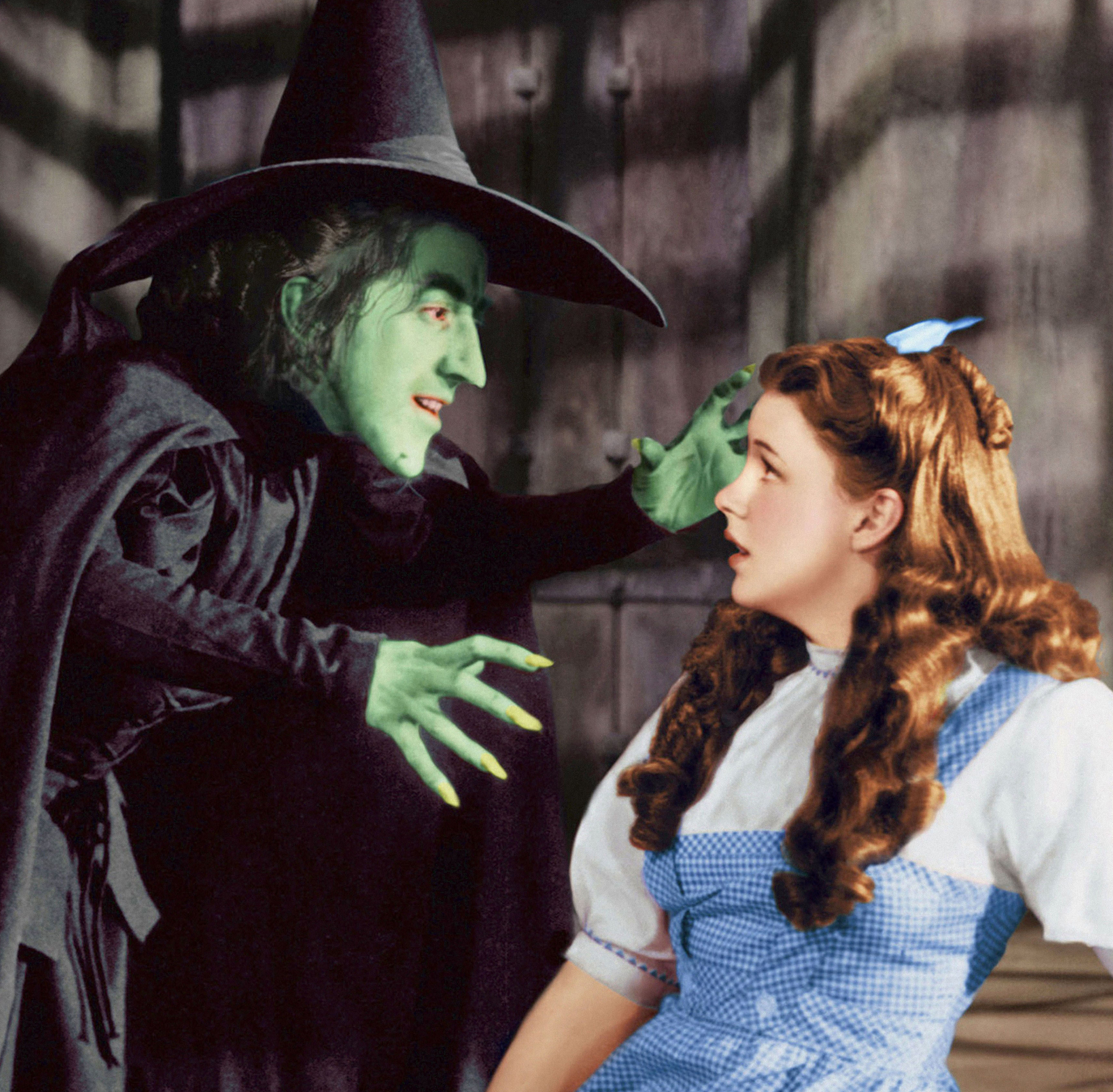
Each year on Hollywood's Biggest Night, the Academy Awards hand out trophies and honor "excellence within the American and international film industry." While cinephiles get excited about the Oscars every awards season, many end up feeling disappointed or even enraged when it comes to the most coveted award of the night: Best Picture.
There have been more than a few instances in which critics and movie fans alike have argued that The Academy has gotten their biggest award of the night wrong, leading to a whole subgenre of great movies that were snubbed of Best Picture. Whether it's because more ambitious films didn't garner enough votes and a crowd-pleaser was a safer bet, or due to industry politics, the award hasn't always gone to the film generally considered "the best." Still, many of the nominated films that didn't take home the award have gone down as some of the best movies of all time, ranging from compelling dramas and classic romances to gripping thrillers and heartwarming coming-of-age stories. Below, we rounded up the best movies that didn't win Best Picture at the Oscars.
'12 Angry Men' (1957)
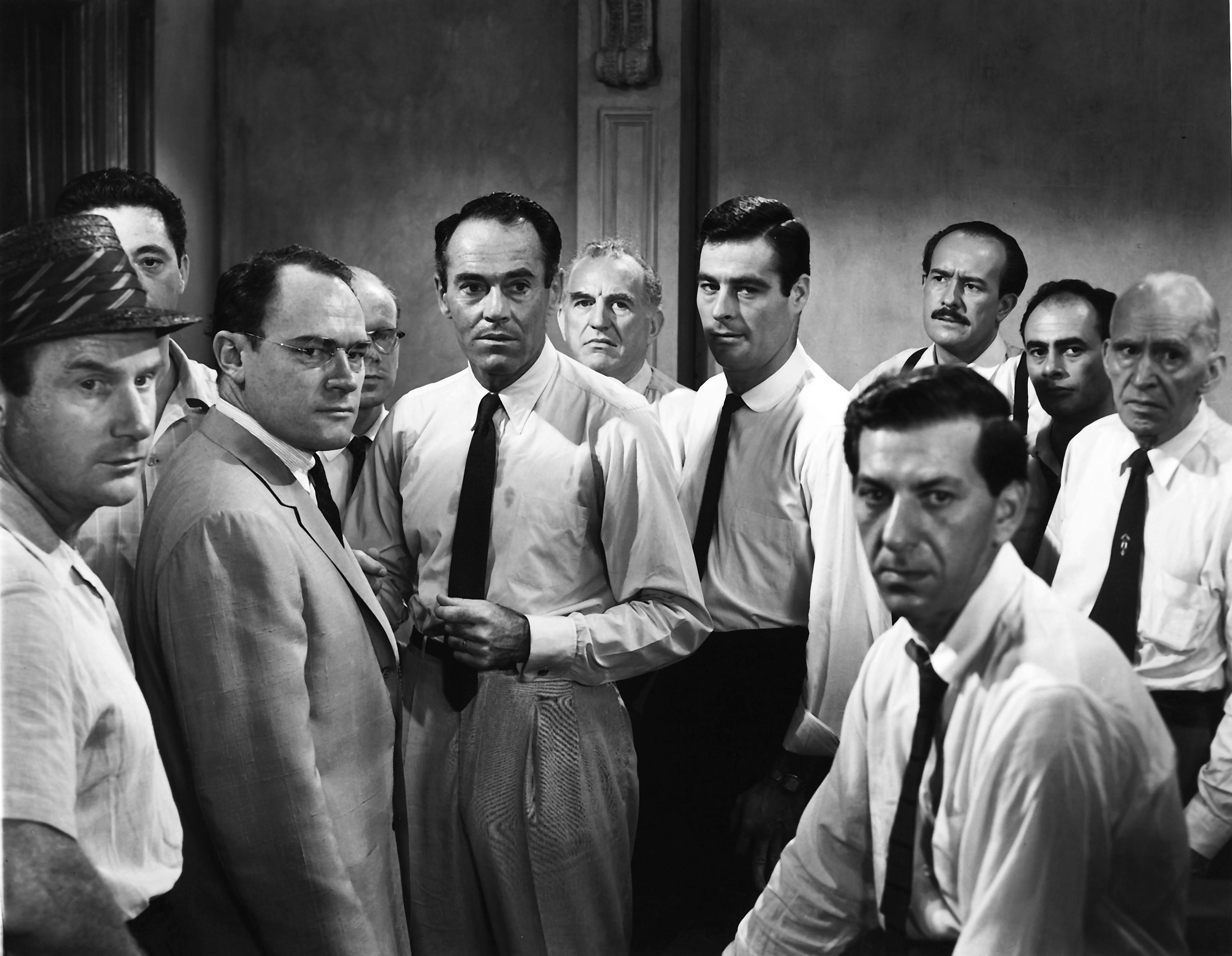
12 Angry Men is Sidney Lumet's first film and an absolute masterclass of filmmaking. The film centers around the titular men who are jurors arguing over the guilt of a young boy. That's the whole movie (and it's riveting!). The Bridge on the River Kwai is also very good but far more traditional.
'Bonnie and Clyde' (1967)
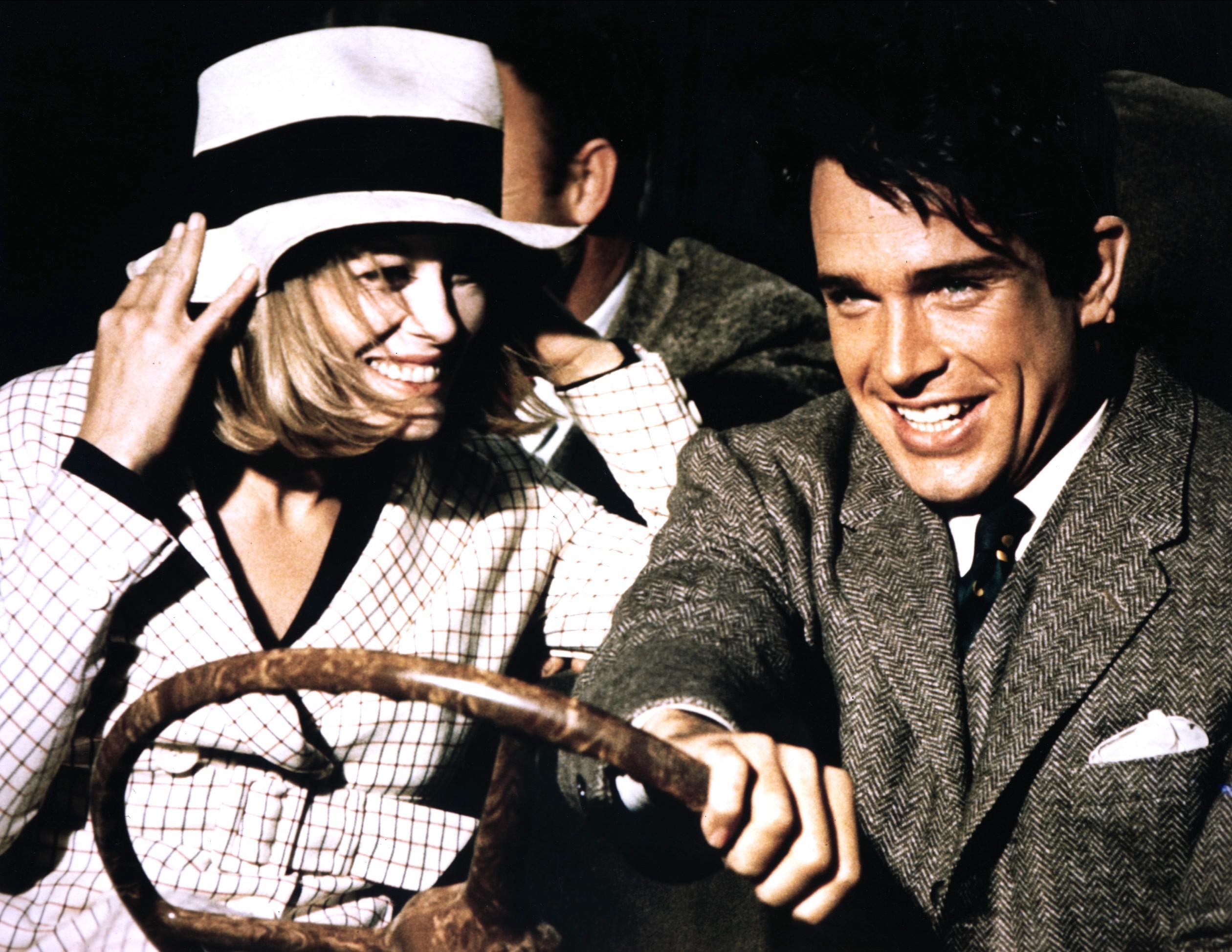
This film was so influential, so entrenched in the zeitgeist, that it even impacted culture and fashion at the time. Still, Bonnie and Clyde was up against The Graduate and winner In the Heat of the Night—an exceptional mystery thriller that just isn't quite as well-known as the other two.
'Born on the Fourth of July' (1990)

Born on the Fourth of July is largely considered one of the best movies to tackle the Vietnam War well. It's also one of the last times Tom Cruise went with an intensely dramatic role that was light on action. Also, it lost to Driving Miss Daisy, so audiences were a bit baffled.
'Butch Cassidy and the Sundance Kid' (1969)
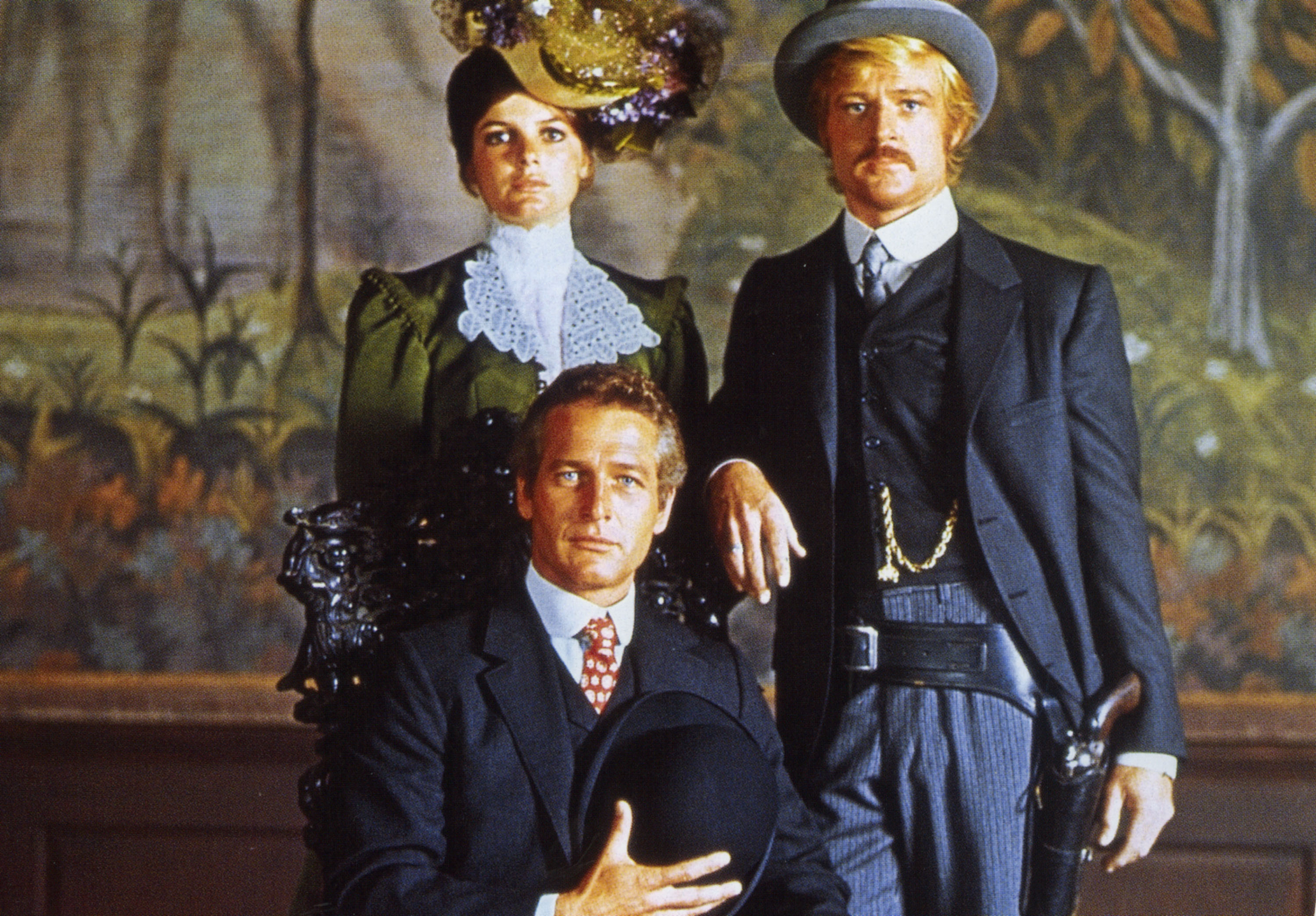
Having Paul Newman and Robert Redford in a movie together was already bound to be epic. But Butch Cassidy and the Sundance Kid lived up to its promise by being an enormous success—including being preserved in the National Film Registry. It lost to Midnight Cowboy, starring Dustin Hoffman and the only film rated X to win the award.
'Citizen Kane' (1941)
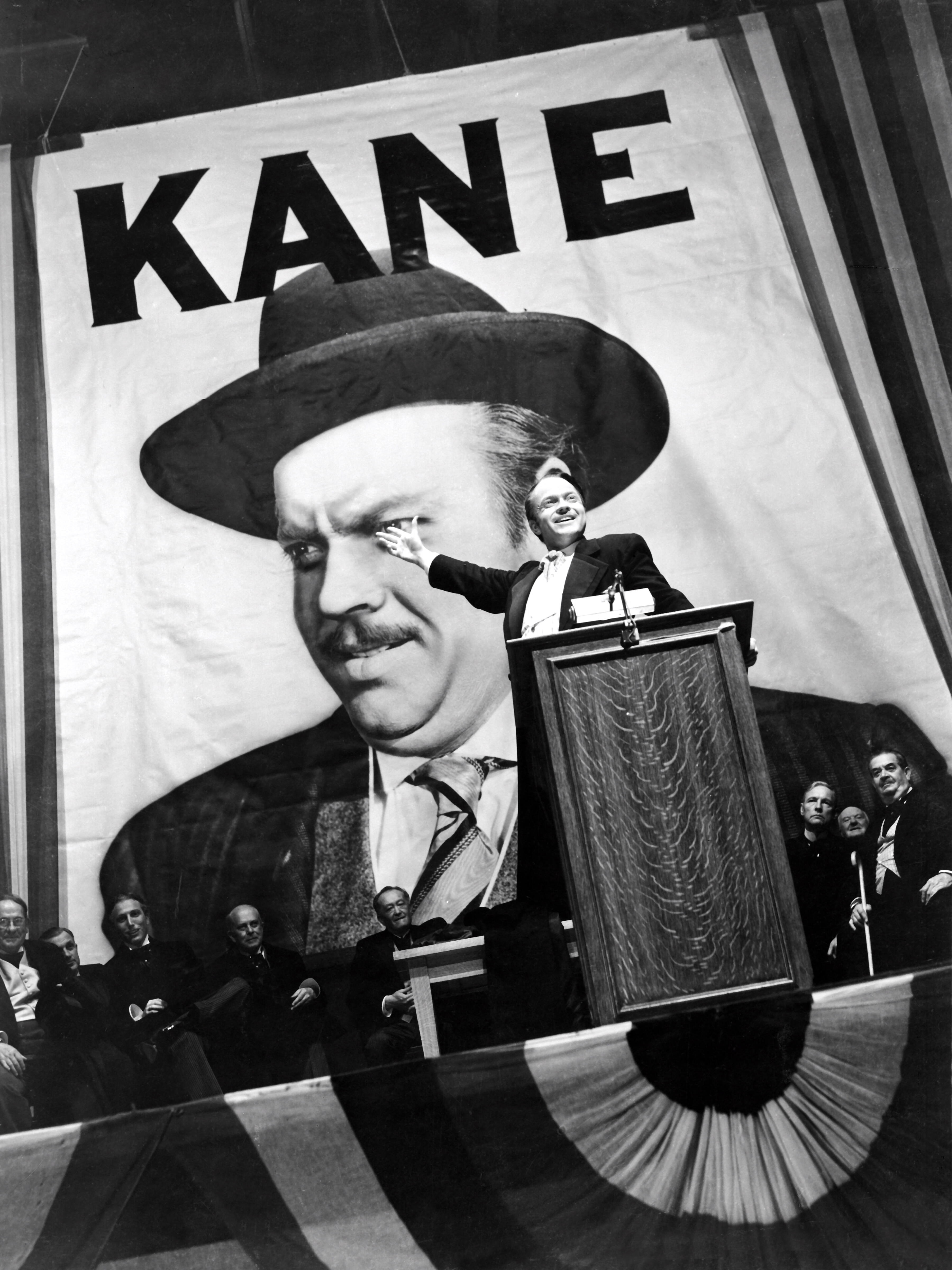
No biggie, just arguably the best movie of all time! In fairness, it was a competitive year, with Here Comes Mr. Jordan, The Maltese Falcon, Sergeant York, and Suspicion among the nominees. The winner was How Green Was My Valley—which is a great movie you may have never heard of.
'Crouching Tiger, Hidden Dragon' (2000)
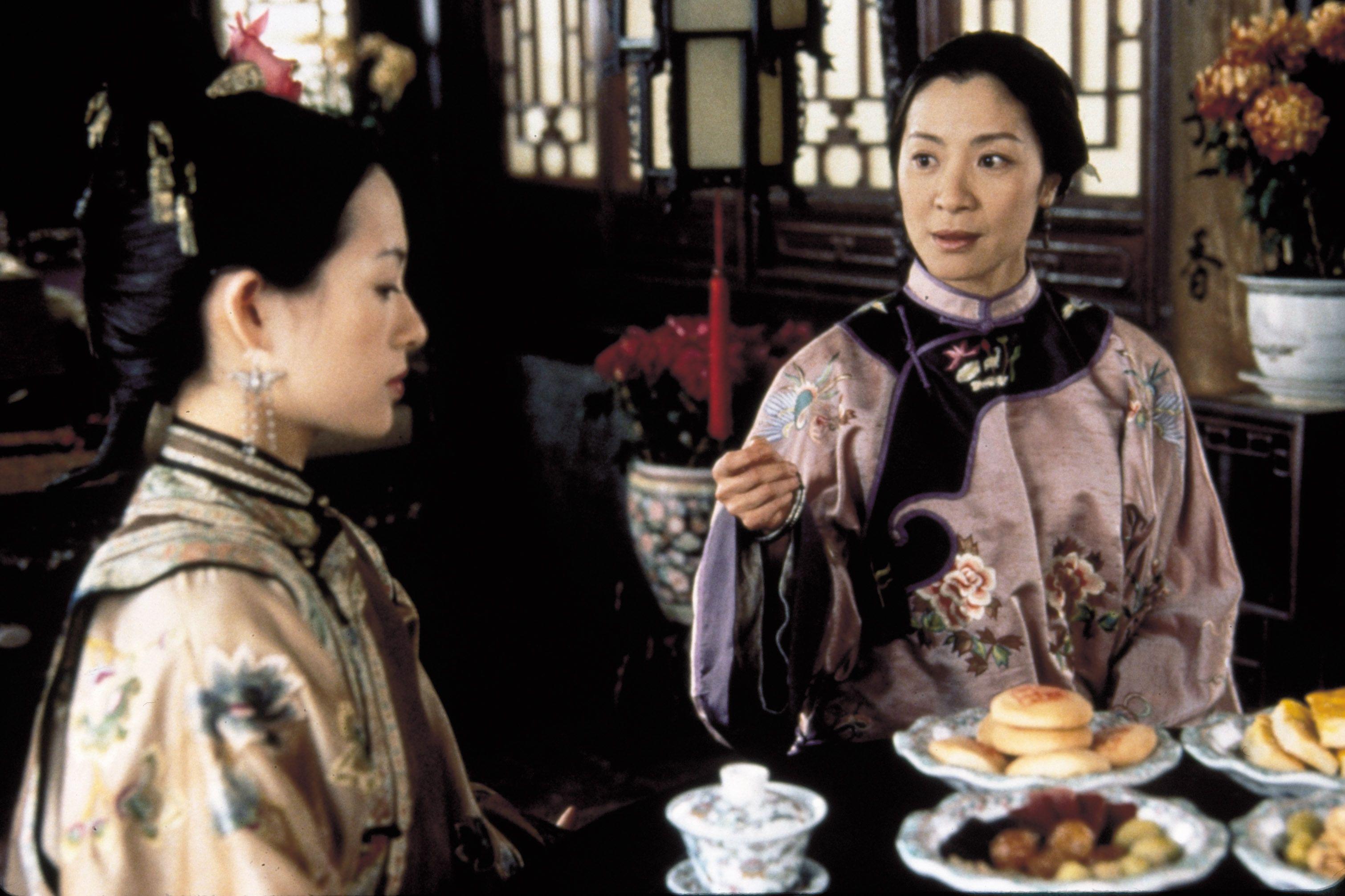
In the race between Gladiator and Crouching Tiger, Hidden Dragon (two epic action films that were both exceptional stories), the Academy favored Russell Crowe over Chow Yun-fat, Michelle Yeoh, and Zhang Ziyi in a high-flying martial arts film.
'Doctor Zhivago' (1965)
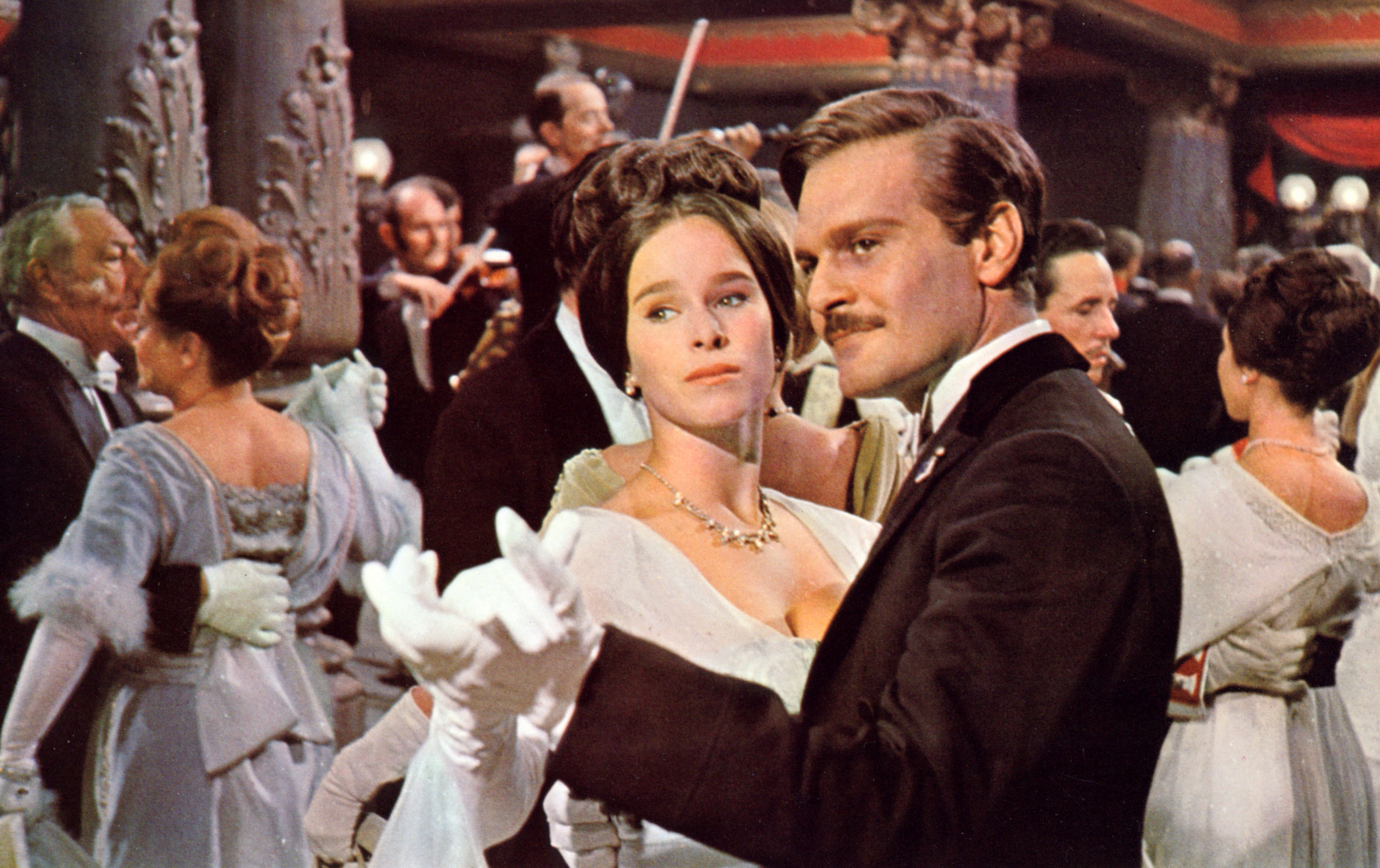
This historical romance epic is great, if you haven't seen it, and it did win five Oscars (including Best Adapted Screenplay and Best Cinematography). But it would have been hard to beat The Sound of Music, which ended up taking the top prize after being a massive commercial success.
'Dr. Strangelove or: How I Learned to Stop Worrying and Love the Bomb' (1964)
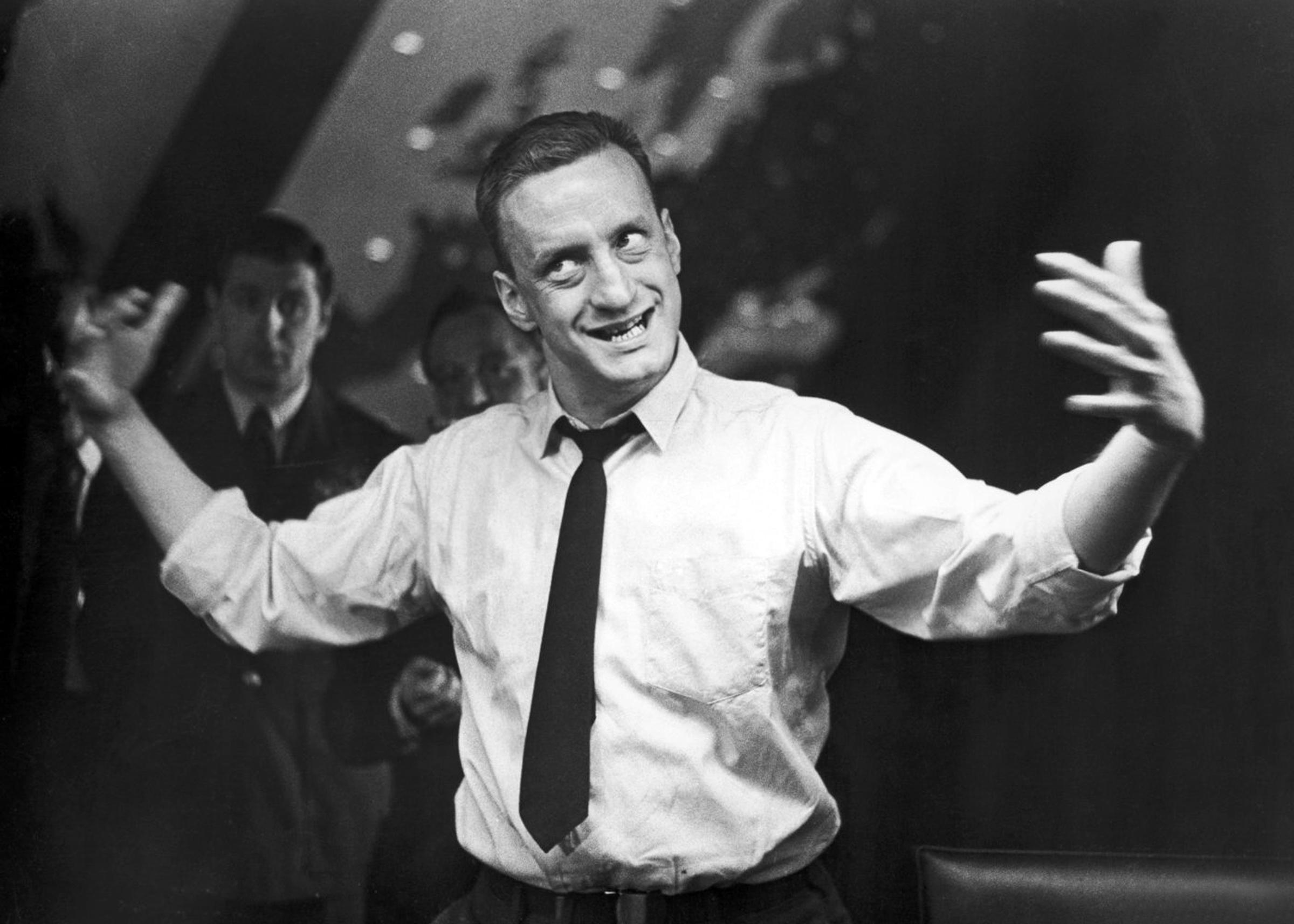
Admittedly, this movie is a lot (and one of those films that benefits from multiple viewings). But Stanley Kubrick's war satire is largely considered one of the best films ever made. Certainly, My Fair Lady was a great movie, but this one has a more salient message.
'Fargo' (1996)

Fargo has come to be one of the most influential (and satirically funny) films ever, including inspiring several seasons of the television series of the same name. But the Academy went with the more classic Oscar choice of The English Patient, which is a sweeping war romance.
'GoodFellas' (1990)
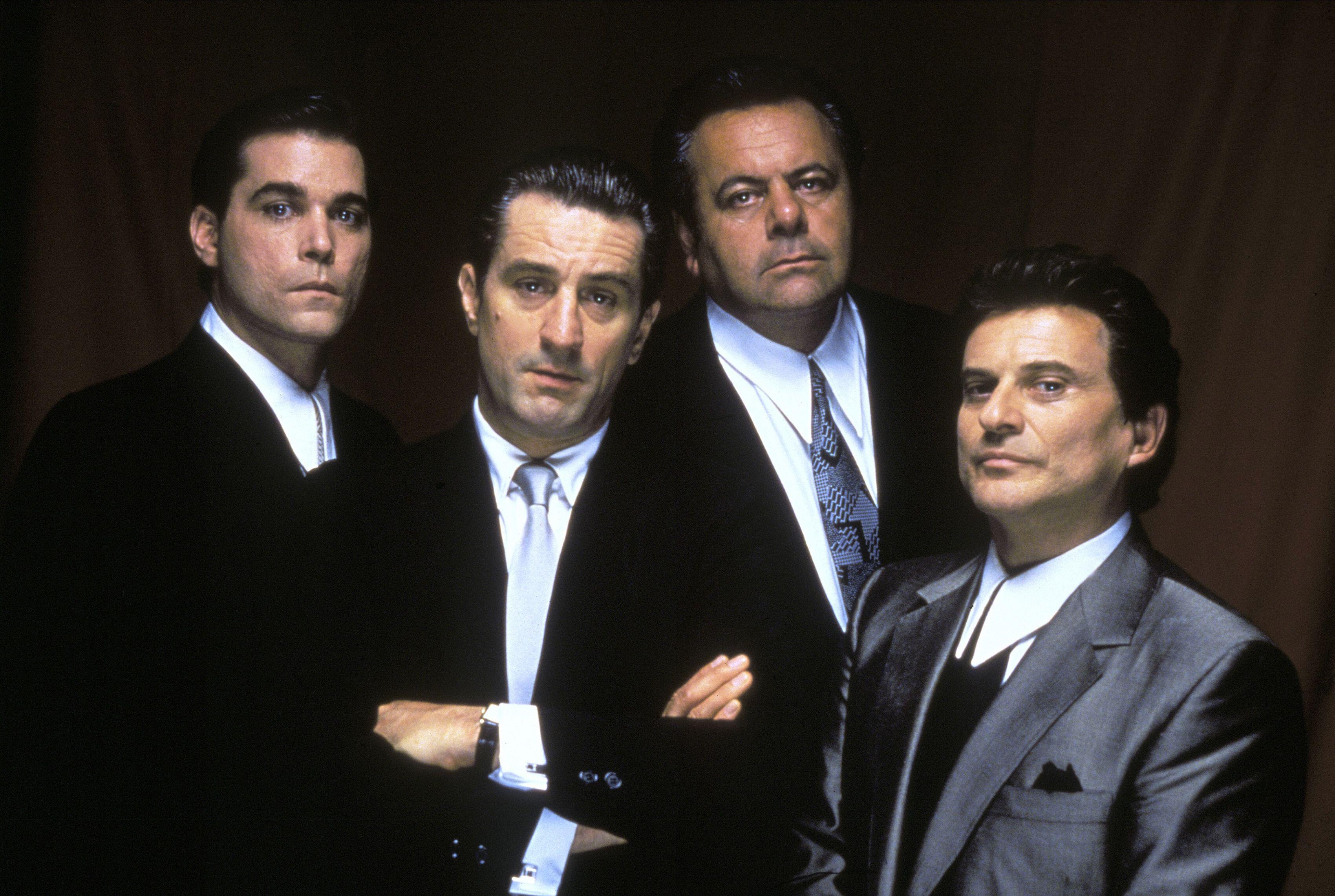
Sorry, Scorsese. This one really hurts film fans, as the mob boss epic Goodfellas lost to Dances With Wolves. These days, the former is considered one of the best films of the '90s and one of those watershed films that influenced nearly every movie that was made after it.
'It's a Wonderful Life' (1947)
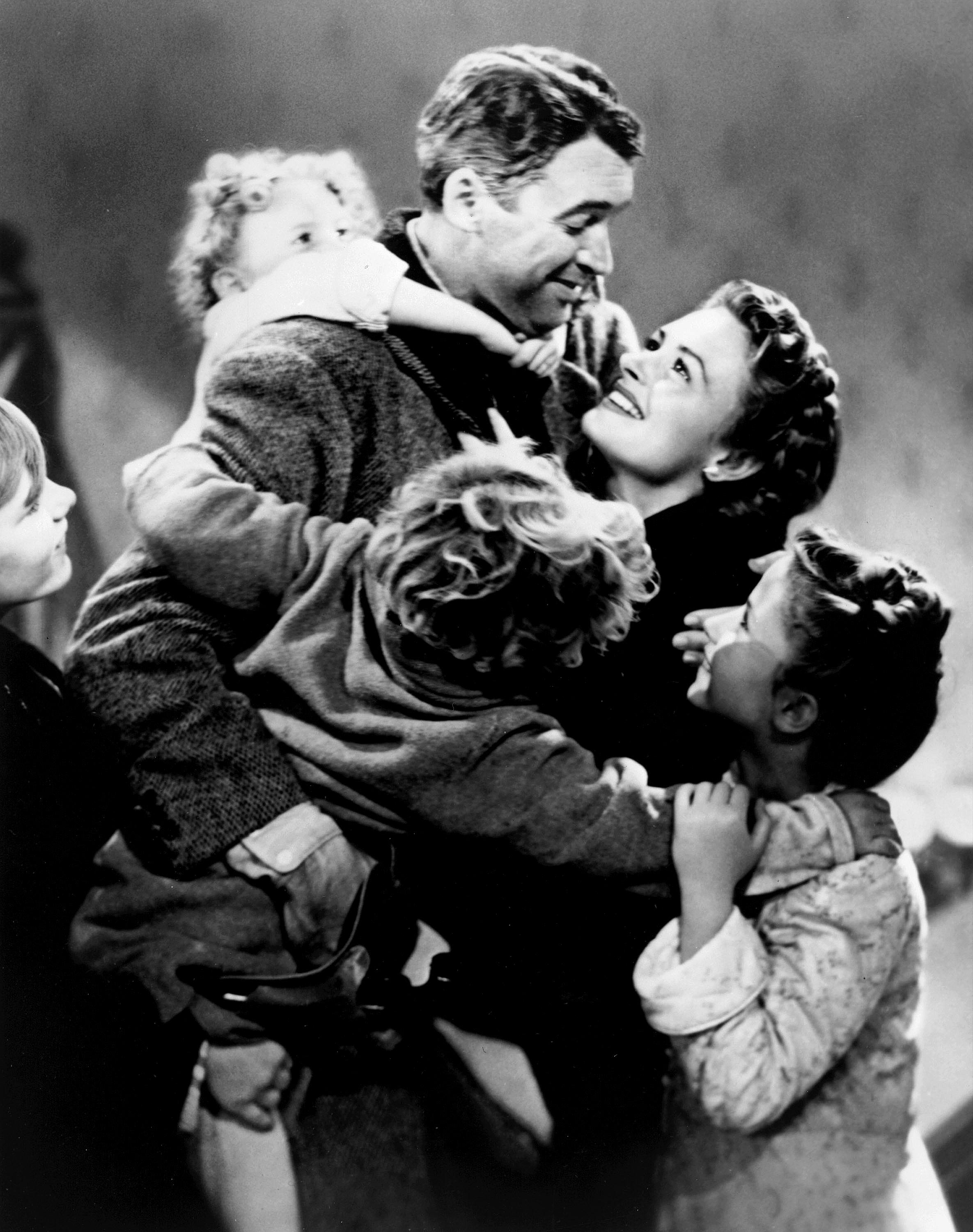
The Best Years of Our Lives is quite a good film. But It's a Wonderful Life—which underperformed and wasn't hailed as a classic until many years later—is just as relevant now as the day it premiered. Among other things, it's a Christmas favorite (and a guaranteed tearjerker).
'Jaws' (1975)
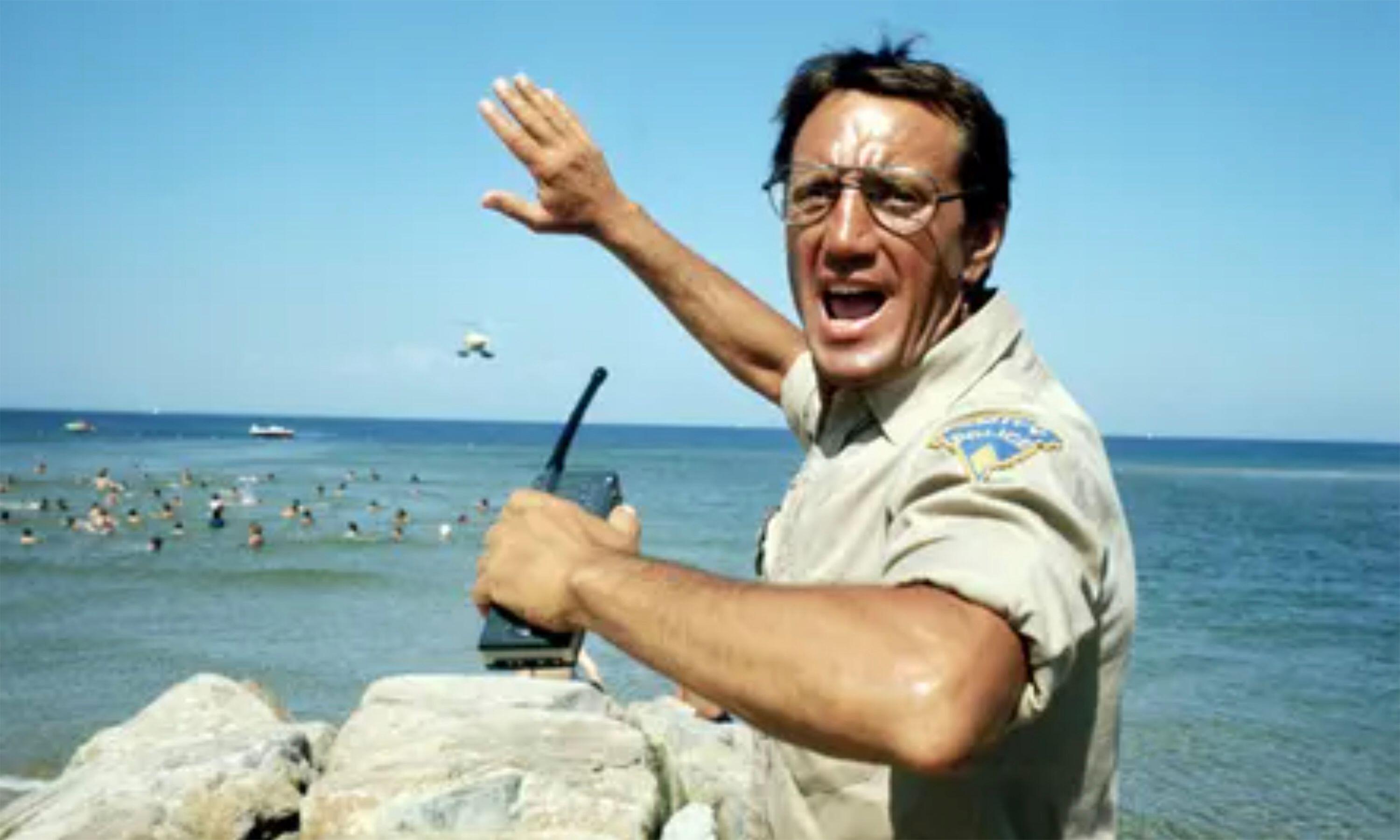
Steven Spielberg's summer blockbuster to end all blockbusters lost to One Flew Over the Cuckoo's Nest. Cuckoo's Nest is a great film, to be sure, but Jaws changed filmmaking as we knew it. The shark movie did win for Best Film Editing, Best Original Dramatic Score, and Best Sound.
'Killers of the Flower Moon' (2023)
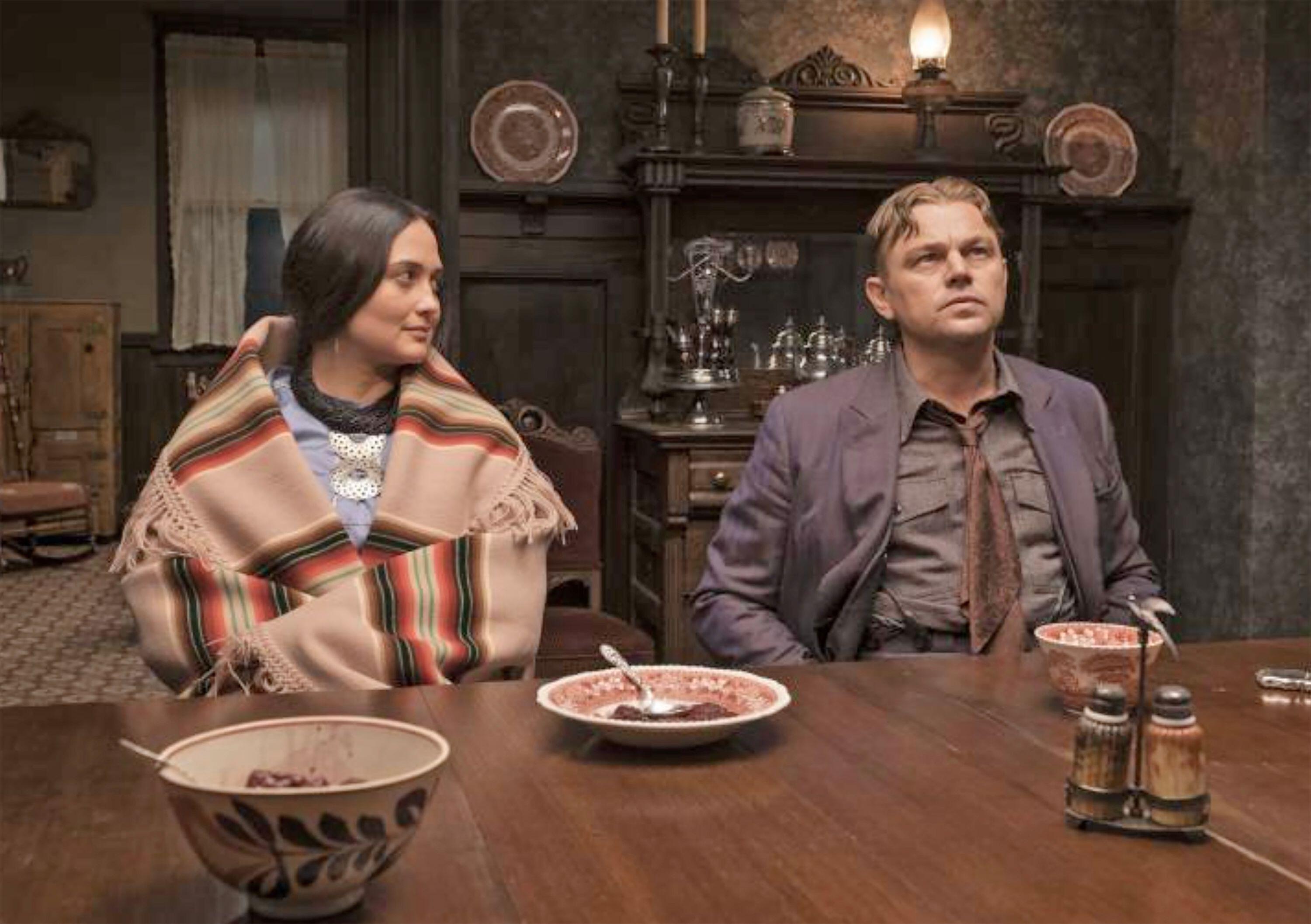
This wasn't the only time Martin Scorsese was nominated, then mostly snubbed, at the Oscars. Whether time reclaims this movie or not, Killers of the Flower Moon is doing something exceptional: drawing you in with the promise of a Scorsese action film, then pulling the rug out from under you in devastating fashion.
'Lady Bird' (2017)

This was a tough year to pick the Best Picture winner—nominees included Get Out, Phantom Thread, Call Me By Your Name, and Dunkirk. The Shape of Water ended up winning—and Greta Gerwig's first (magnificent) movie didn't get quite as much love as it deserved.
'Little Women' (2019)
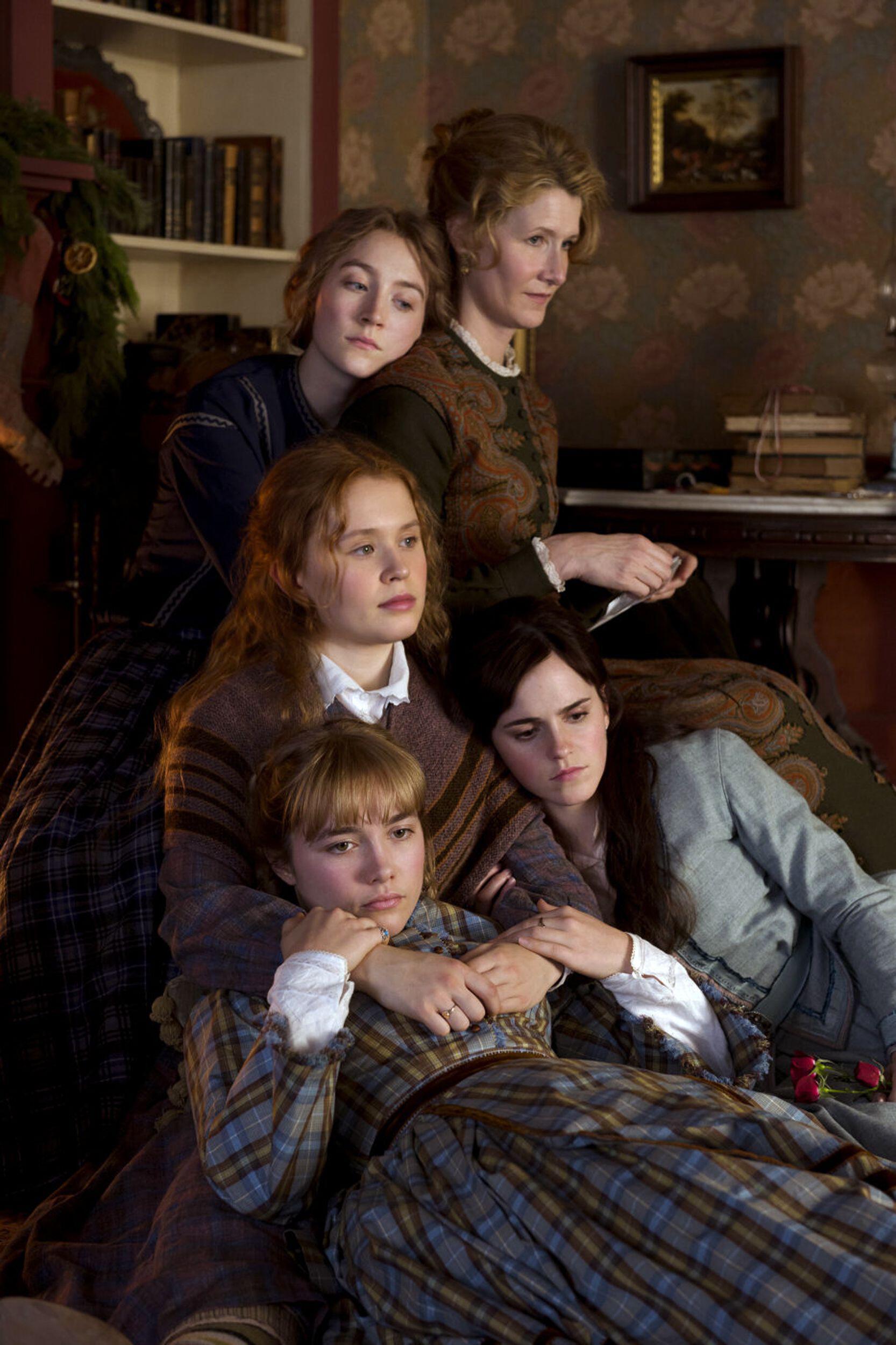
The 2019 Oscar race was fierce, and it was neck and neck between Parasite (which won), Once Upon a Time… in Hollywood, and 1917. So it wasn't all that surprising that Greta Gerwig's Little Women lost, even though it's still considered one of the best book-to-film movie adaptations ever.
'Mad Max: Fury Road' (2015)
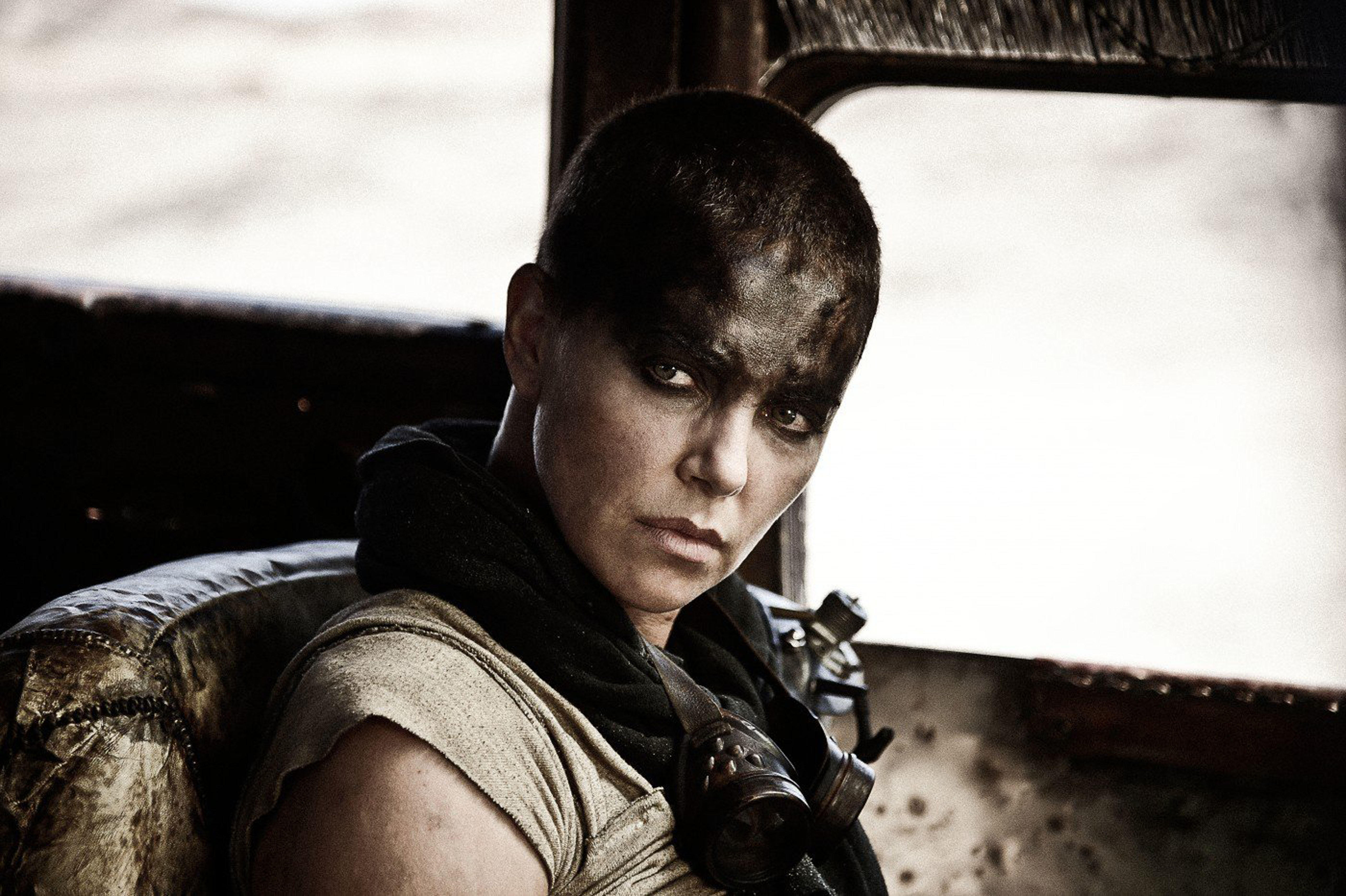
Mad Max: Fury Road took everyone—critics and audiences alike—by surprise. It had been a tough film to shoot, and George Miller's first Mad Max film in a while. But it is both a five-star action film and a moving work of art. The Academy chose to honor the journalism-focused Spotlight.
'Pulp Fiction' (1994)
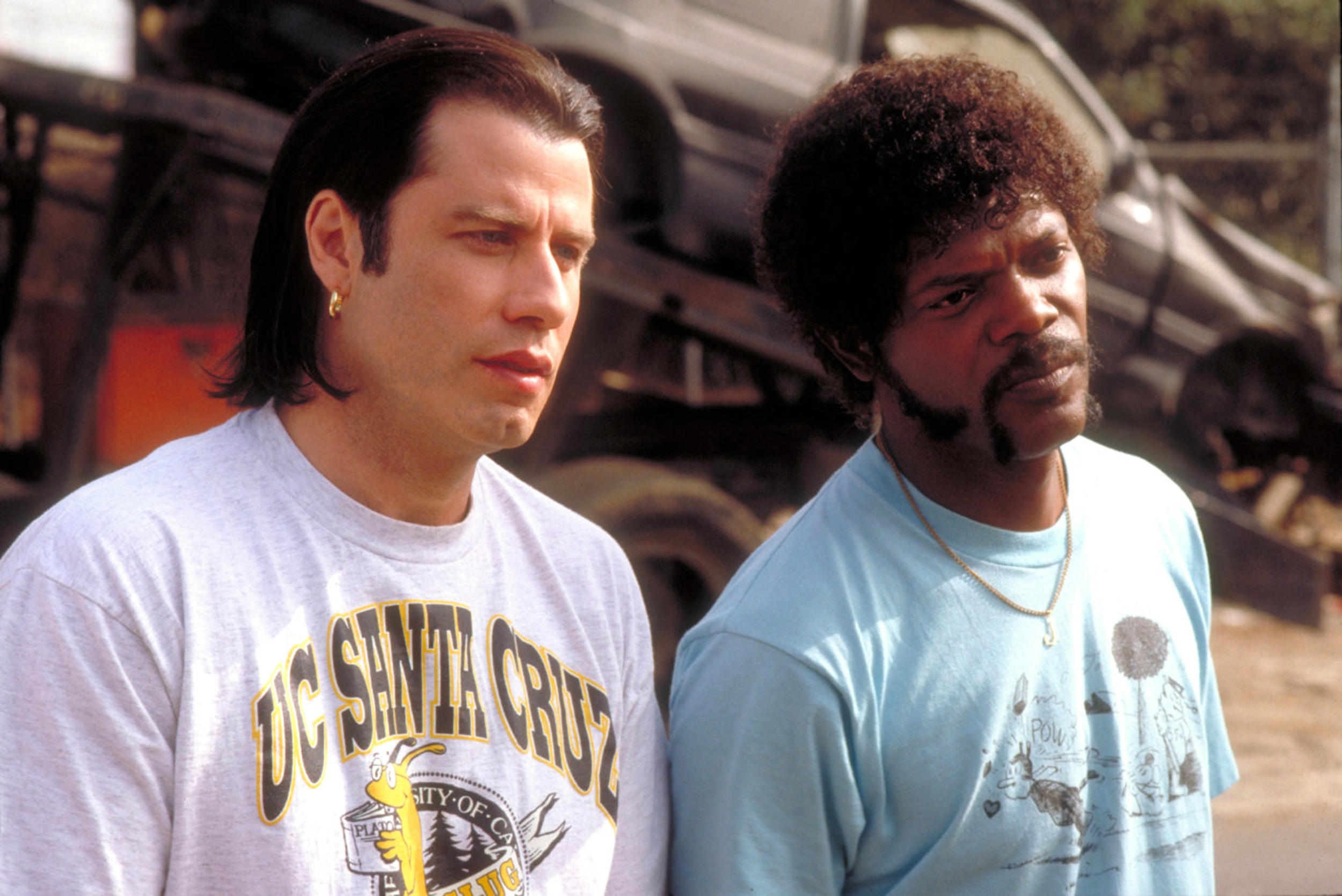
In perhaps the most controversial Best Picture loss of all time, Pulp Fiction couldn't beat out the power of Forrest Gump (but Pulp did win Best Original Screenplay). It was seen as a clash between generations and moviemaking sensibilities, and people who love Quentin Tarantino will be happy to tell you, in detail, why this should have won.
'ROMA' (2018)
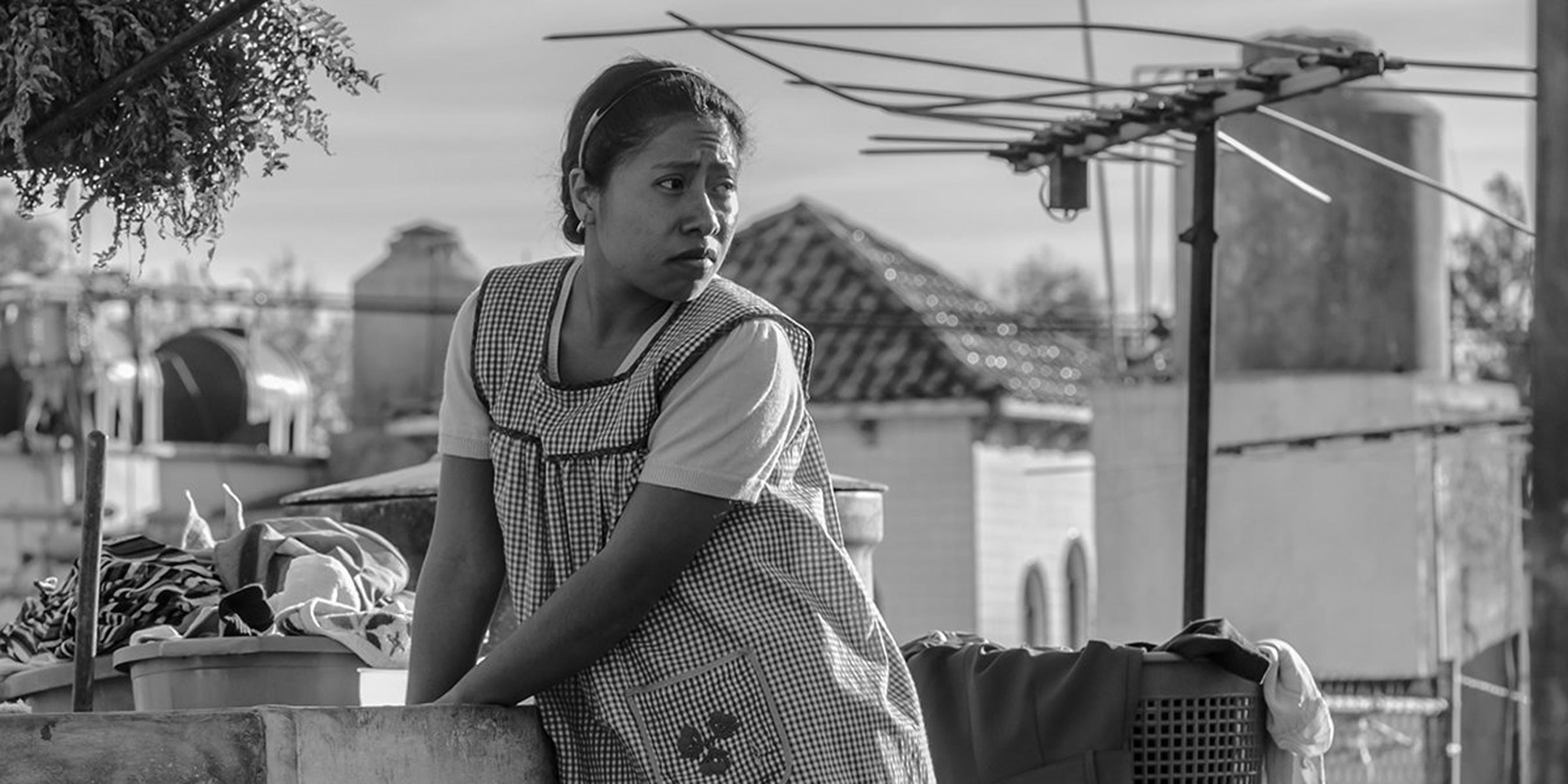
ROMA is awesome—if you missed this Alfonso Cuarón gem, seek it out. But part of the larger issue was the movie it lost to: Green Book, which was popular at the time but drew criticism for its depiction of race. It also won over BlacKkKlansman, Black Panther, and A Star is Born.
'Roman Holiday' (1953)
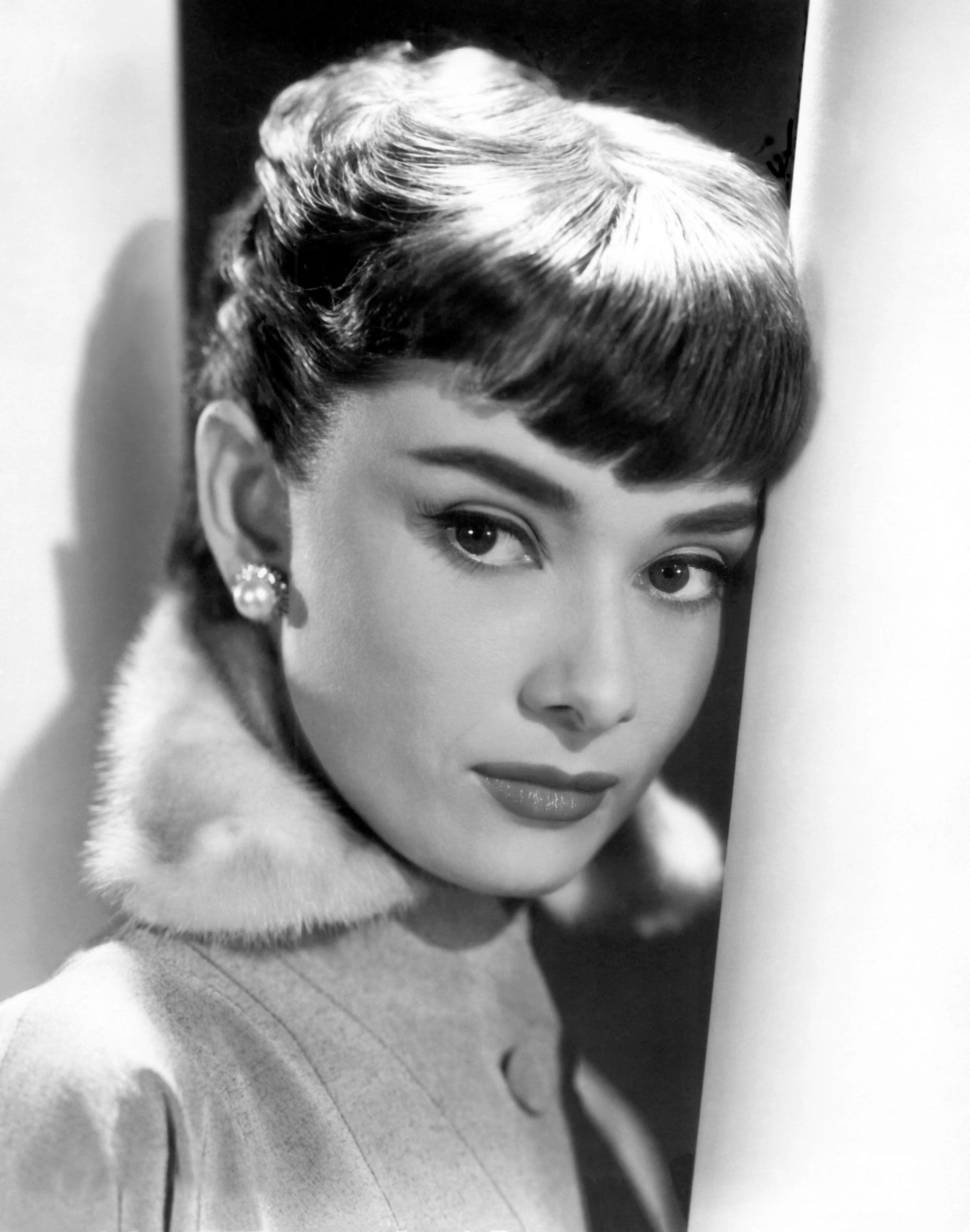
The world fell in love with Audrey Hepburn in Roman Holiday, and it nabbed her a Best Actress win. (It's also one of those rare rom-coms that doesn't have a blissfully happy ending). It lost to the more standard fare of From Here to Eternity, a look at the Army barracks in Hawaii just before the Pearl Harbor attacks.
'Saving Private Ryan' (1998)
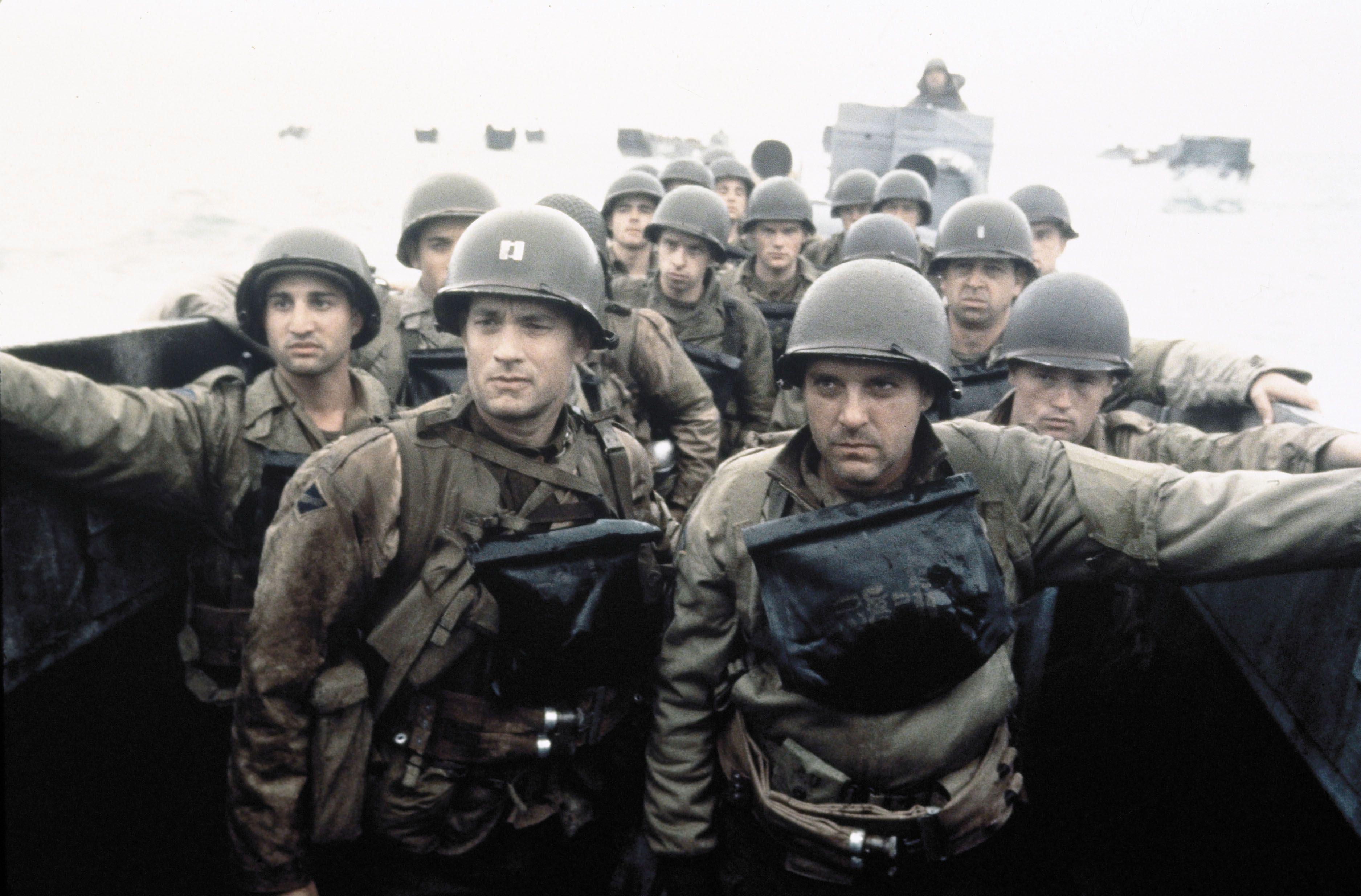
Certainly not the only time Steven Spielberg was snubbed by the Oscars (he also lost Best Picture for E.T.), this one particularly stings. That's because it lost to Shakespeare in Love, in large part because the Weinsteins engaged in a "bully campaign" over it.
'The Shining' (1980)
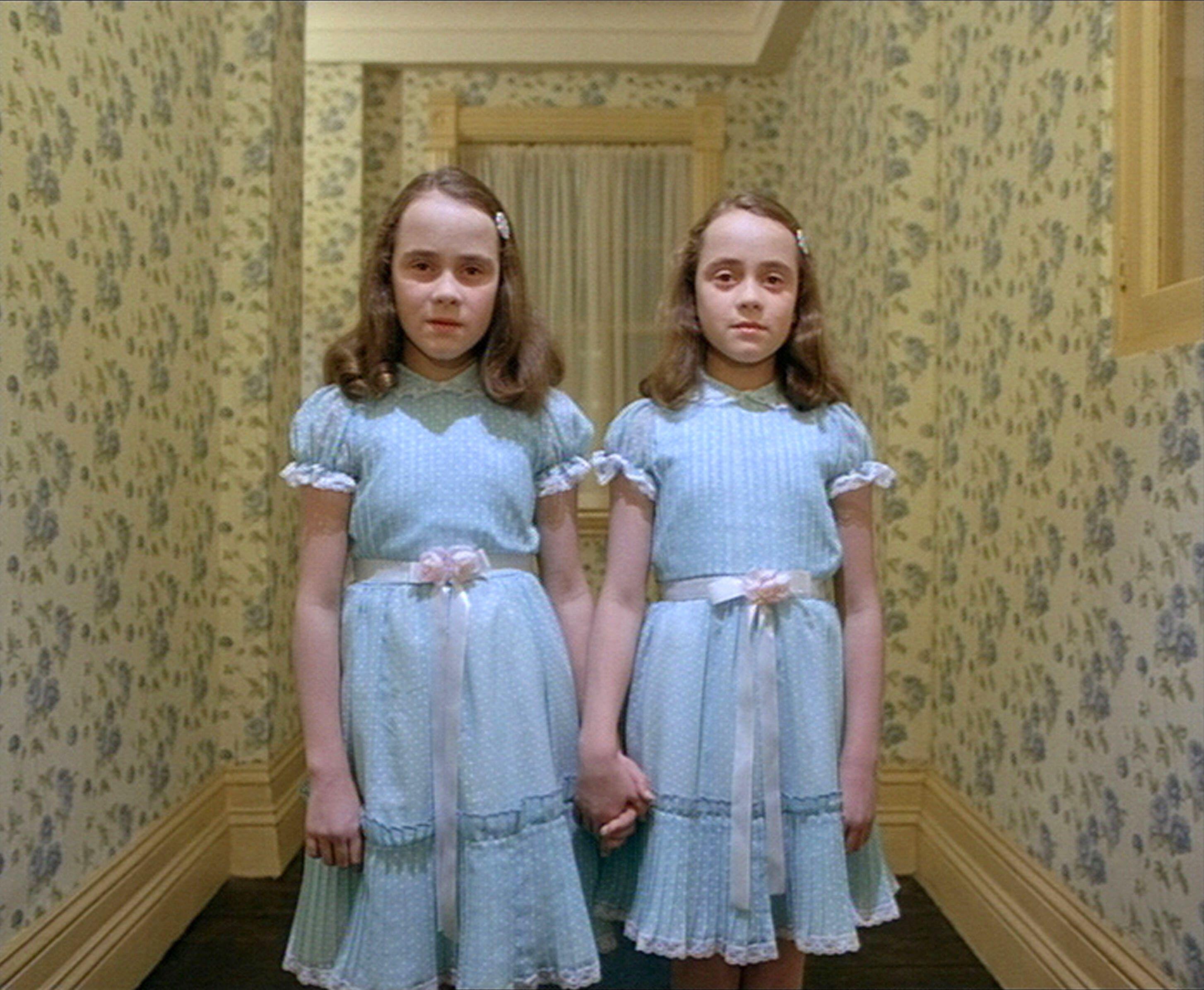
Speaking of Stanley Kubrick! We're cheating a bit here: It didn't win Best Picture at the Oscars because it wasn't nominated for a single award (and actually received several Razzies). But history reclaimed the film as a modern horror masterpiece. (If you're curious, Chariots of Fire won that year.)
'Sideways' (2004)
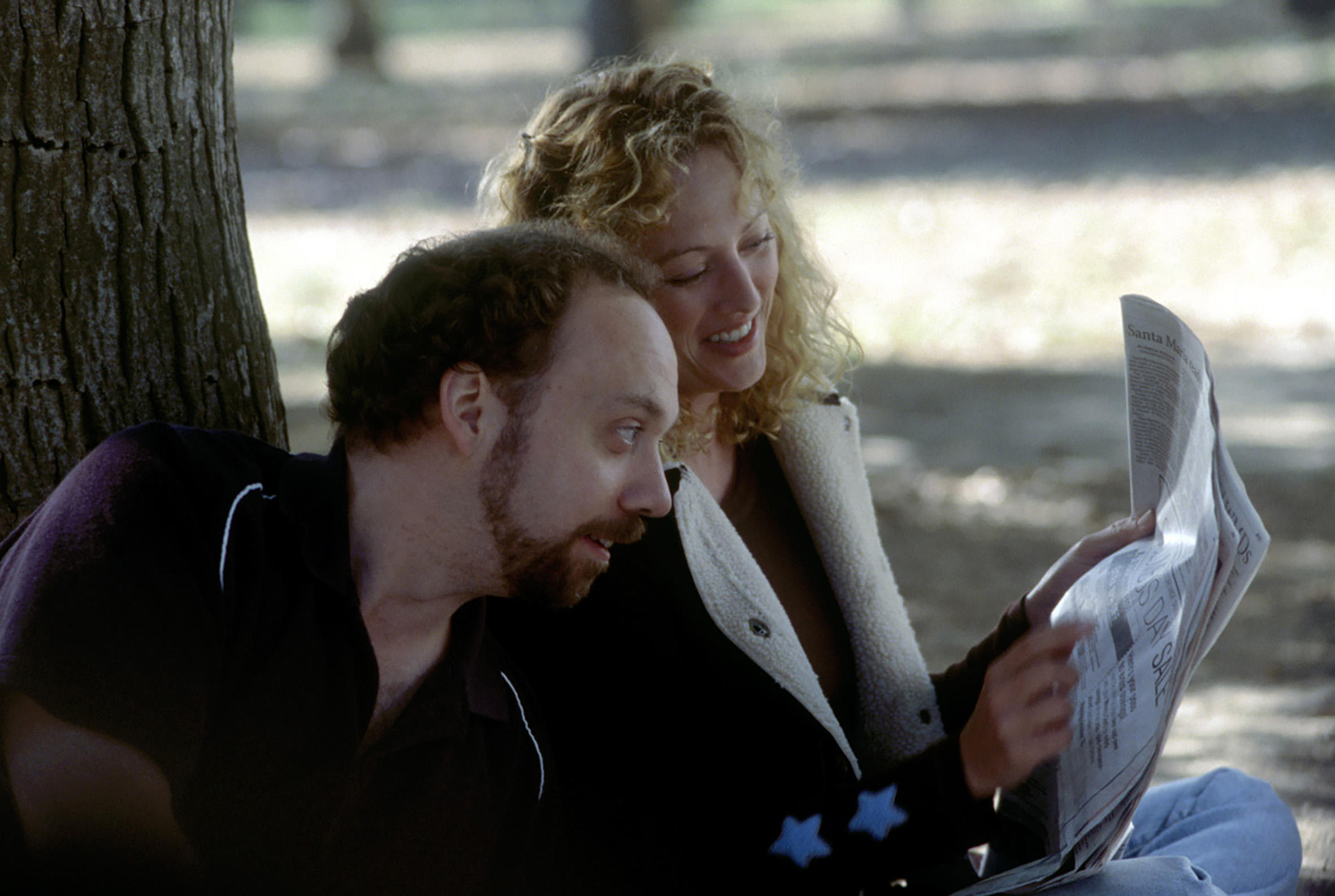
Not only did Alexander Payne's Sideways prove yet again how great Paul Giamatti is, but it also helped bolster interest in Napa and the wine industry. It lost to Million Dollar Baby, which is a very good performance from Hilary Swank and Clint Eastwood but tough to watch more than once.
'The Social Network' (2010)

The motor-mouthed dialogue of Aaron Sorkin and the cinematic mastery of David Fincher came together in one of the most fascinating films of the decade. While it lost to The King's Speech, its imaginativeness and starkness outlasted the other movie by several years.
'Star Wars: Episode IV - A New Hope' (1977)
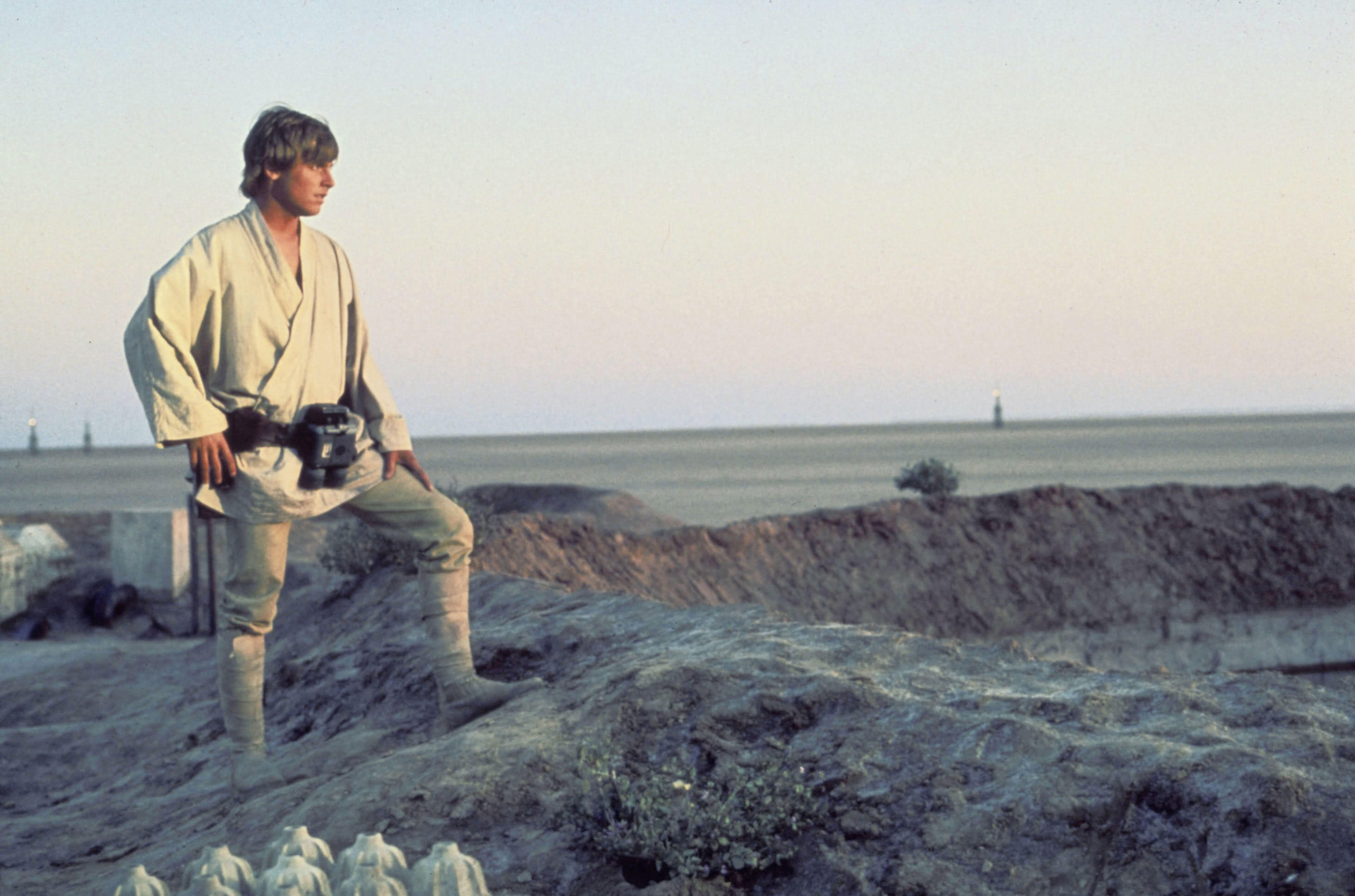
This one's probably a no-brainer after the fact, but the first Star Wars (despite its massive commercial success) wasn't as "Academy-friendly" as the Woody Allen film Annie Hall. Like a lot of films on this list, it wasn't totally clear at first just how much this movie would change filmmaking forever.
'Sunset Boulevard' (1950)
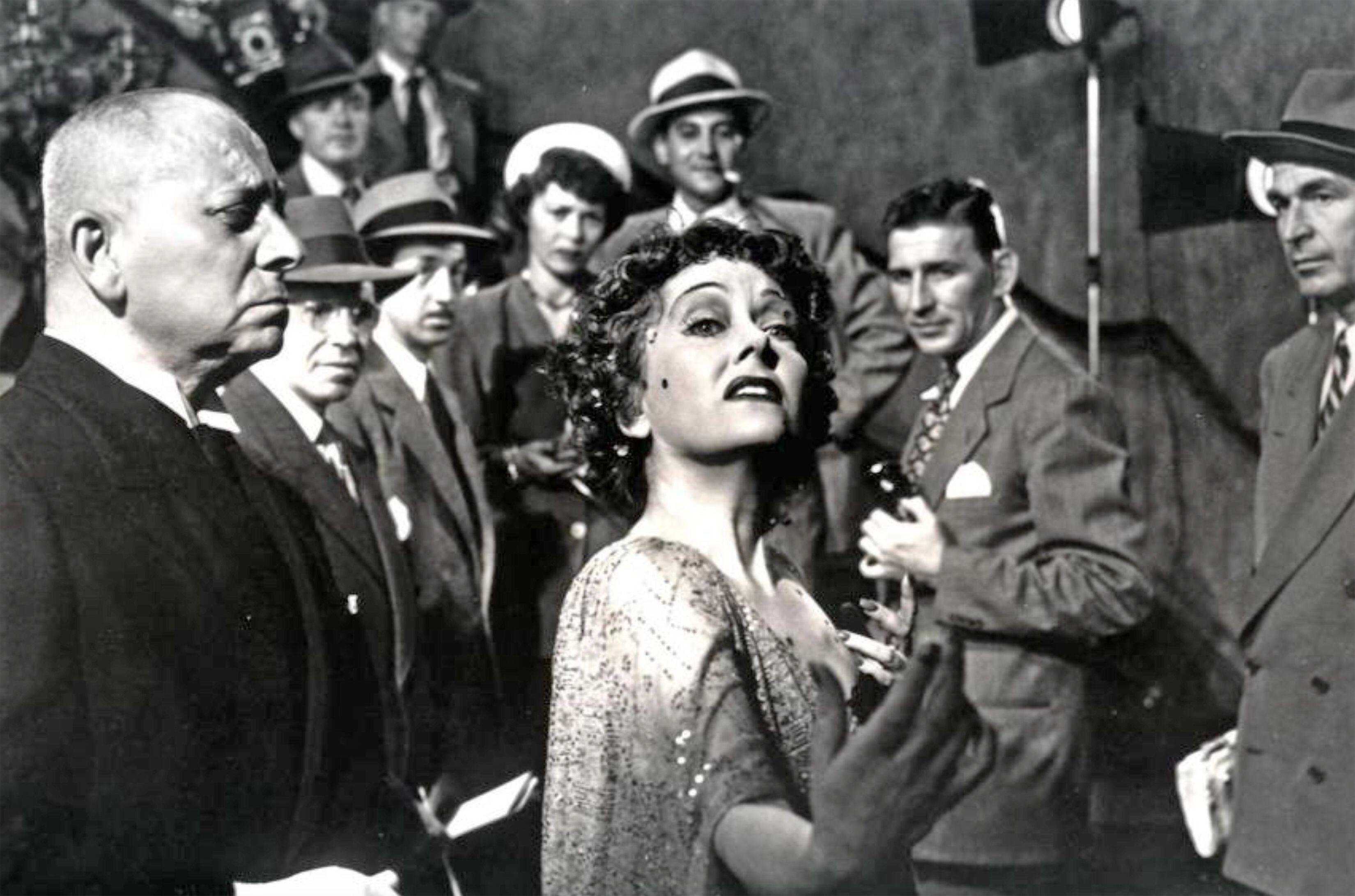
While you might be most familiar with the Andrew Lloyd Webber musical, the original 1950 film Sunset Boulevard is equally compelling (and just as bleak, if not more so). The fictionalized story about the undoing of a silent film star may have stung the film industry.
'TÁR' (2022)
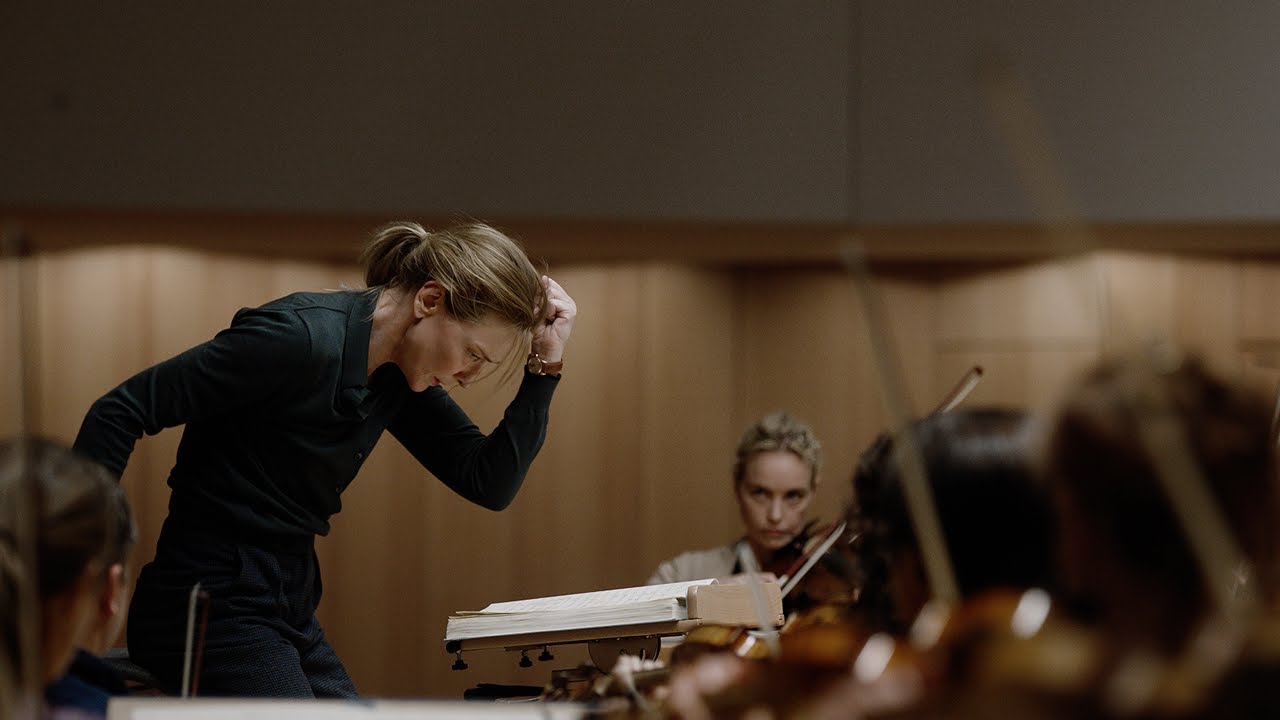
Michelle Yeoh finally got her due at the 2023 Oscars with a Best Actress win with Everything Everywhere All at Once. But that film's success (it won seven Oscars, including Best Picture) did overshadow the thornier TÁR, which catalogs the excruciating downfall of a fictional conductor.
'Taxi Driver' (1976)
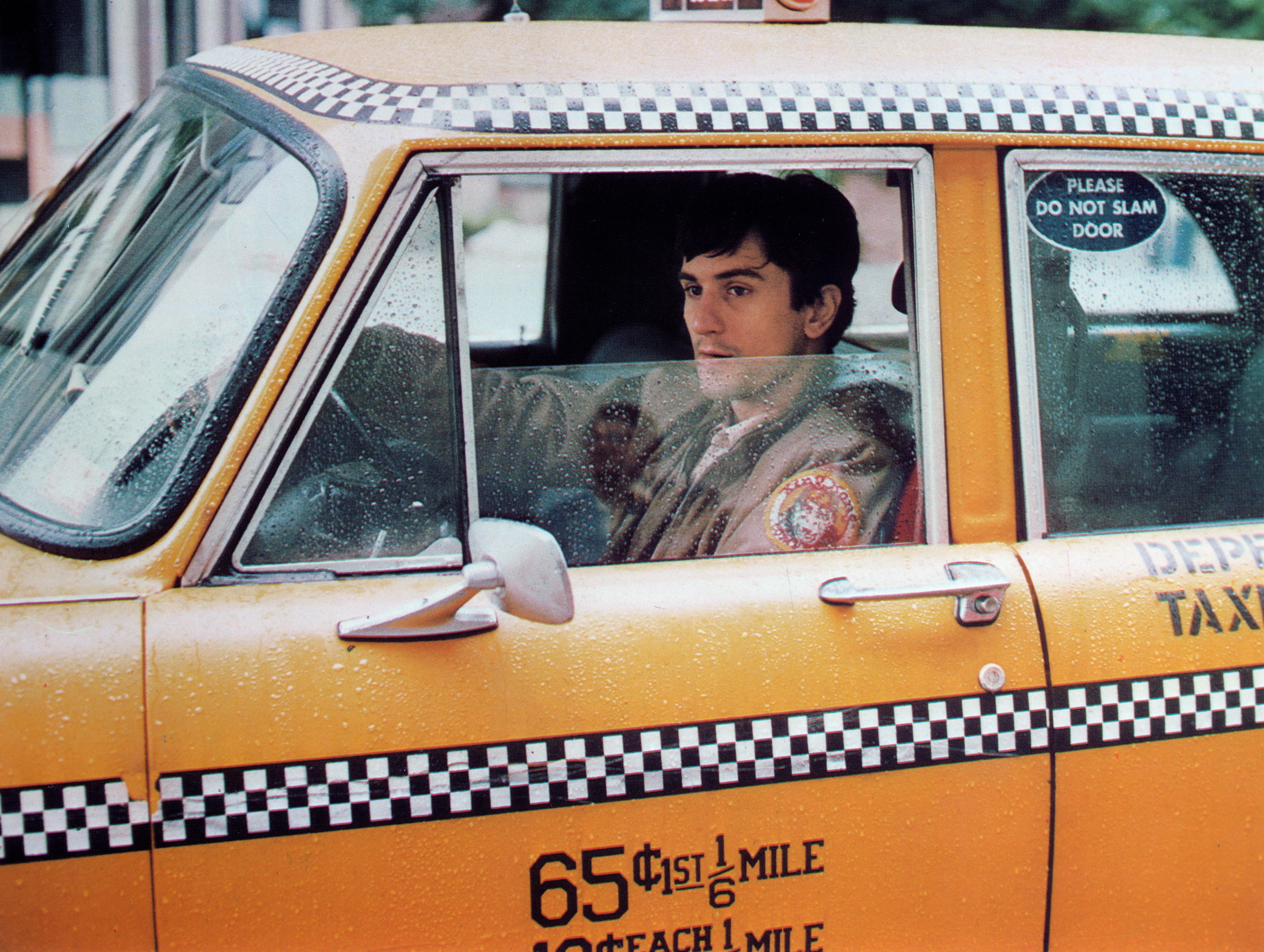
When faced with a comparison of Rocky Balboa's scrappy success story in Rocky and Travis Bickle's upsetting descent into madness in Taxi Driver, the Academy made the intuitive choice. It wouldn't be the only time Martin Scorsese would be snubbed, but the film has stood the test of time.
'There Will Be Blood' (2008)
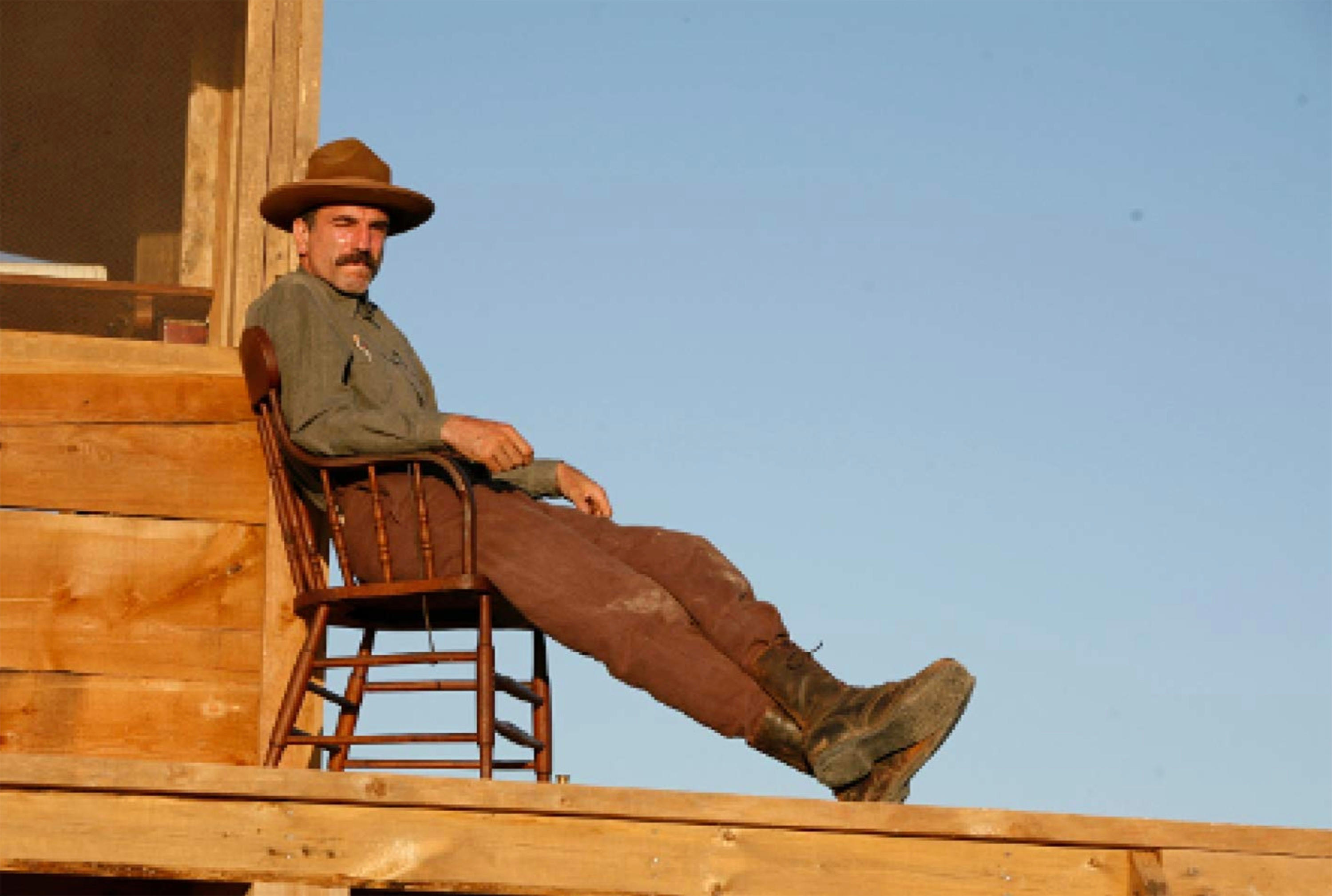
The 2007 Oscars race had two very similar (and very good) movies in contention: No Country for Old Men and There Will Be Blood. Daniel Day-Lewis won Best Actor for his scorching performance as oil man Daniel Plainview, but the movie just missed the top prize.
'To Kill a Mockingbird' (1963)
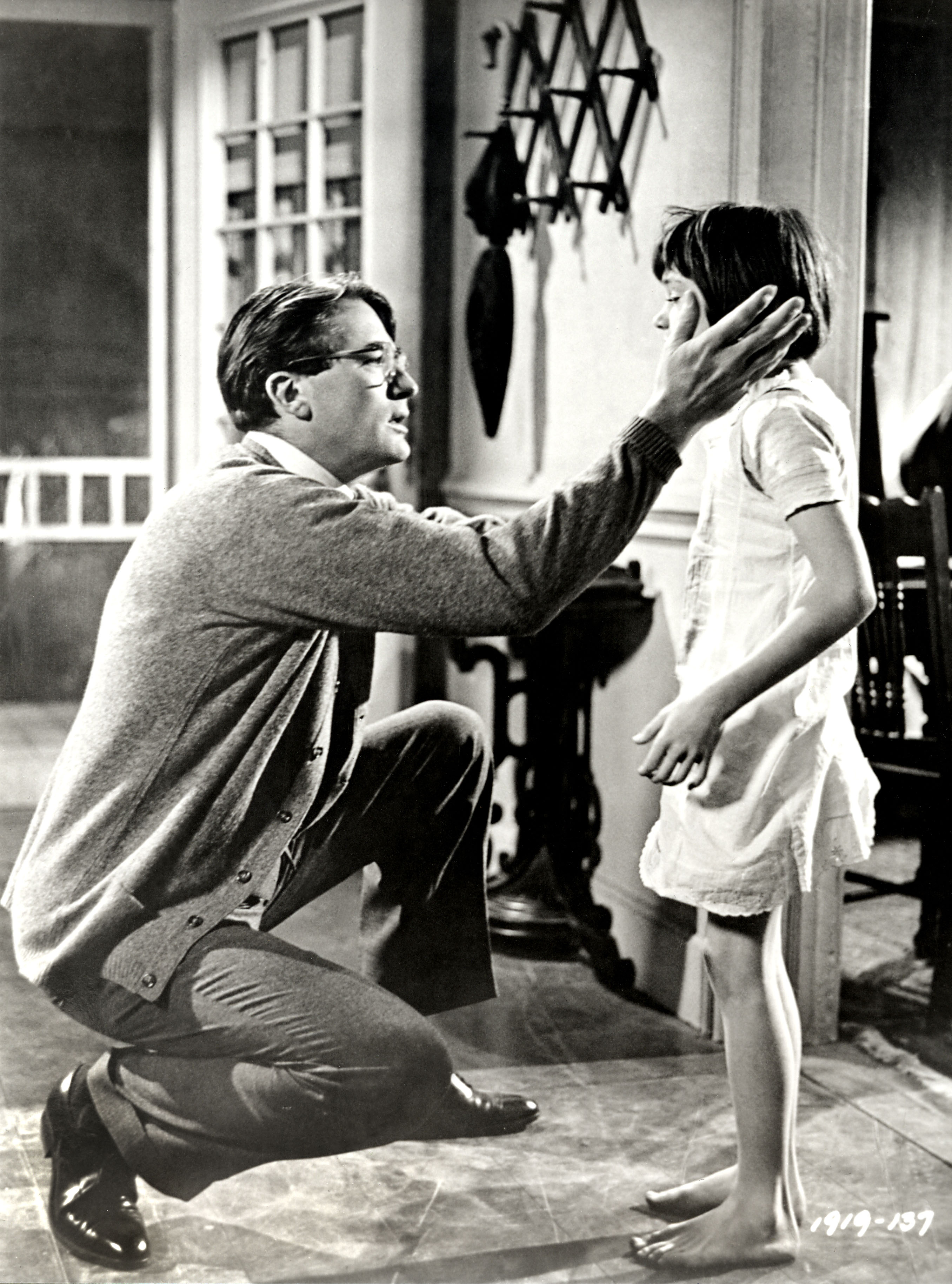
Lawrence of Arabia is a soaring epic film that certainly deserves its praise. But it's a little more likely that more people have seen (and remember) To Kill a Mockingbird. Both movies wrestle with big ideas, but Mockingbird's assessment of injustice remains resonant.
'Who's Afraid of Virginia Woolf?' (1966)
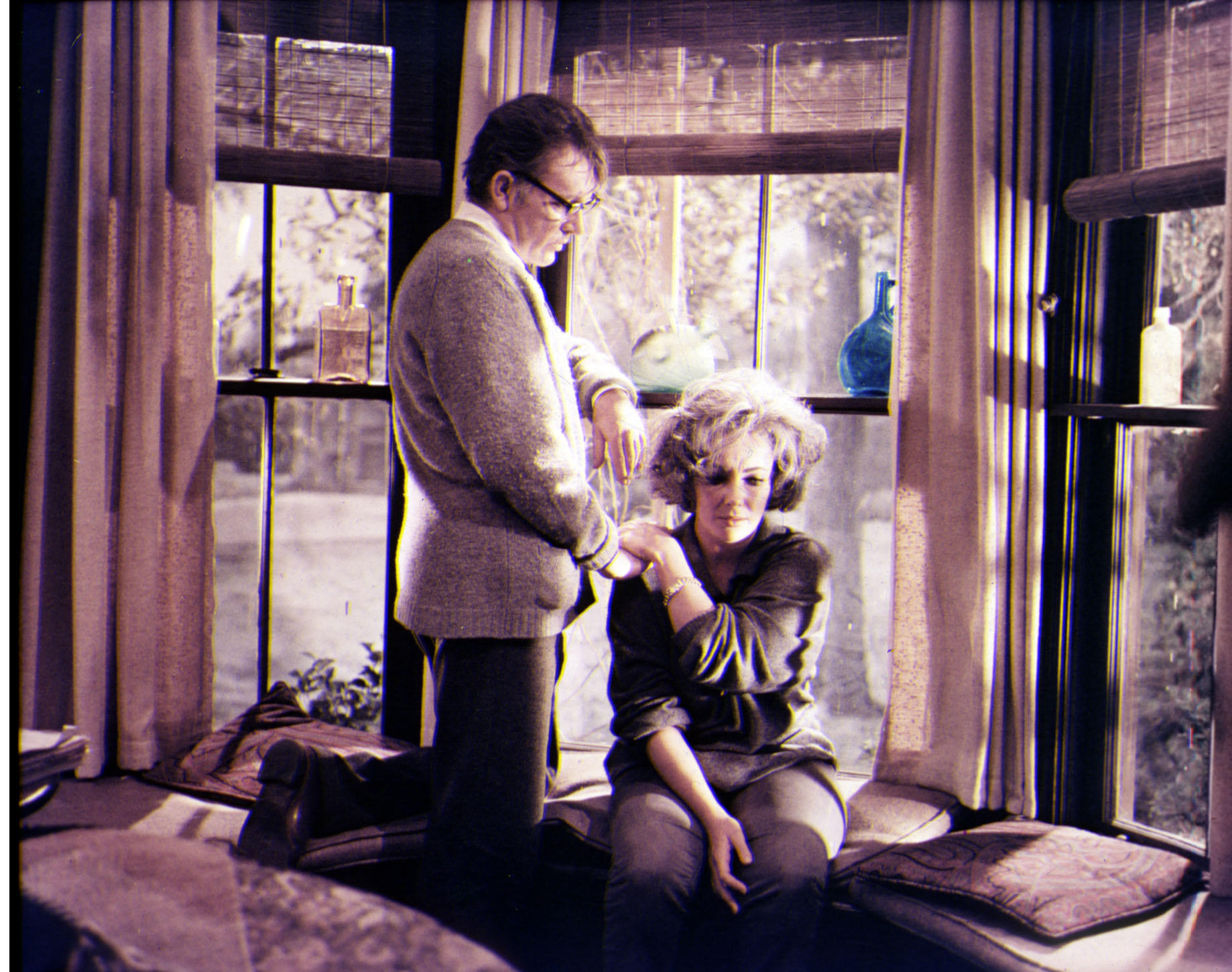
Watching Richard Burton and Elizabeth Taylor act onscreen together is just as compelling today (given all we know about their turbulent real-life relationship, but also because they're phenomenal actors). This was one of those "ahead of its time" movies that's recognized in hindsight.
'The Wizard of Oz' (1939)

Yes, that's correct: Technicolor musical masterclass The Wizard of Oz lost Best Picture. Granted, it lost to Gone With the Wind, but Wizard's legacy has been second to none. Interestingly, director Victor Fleming left Wizard to helm Gone with the Wind.
'Zero Dark Thirty' (2013)
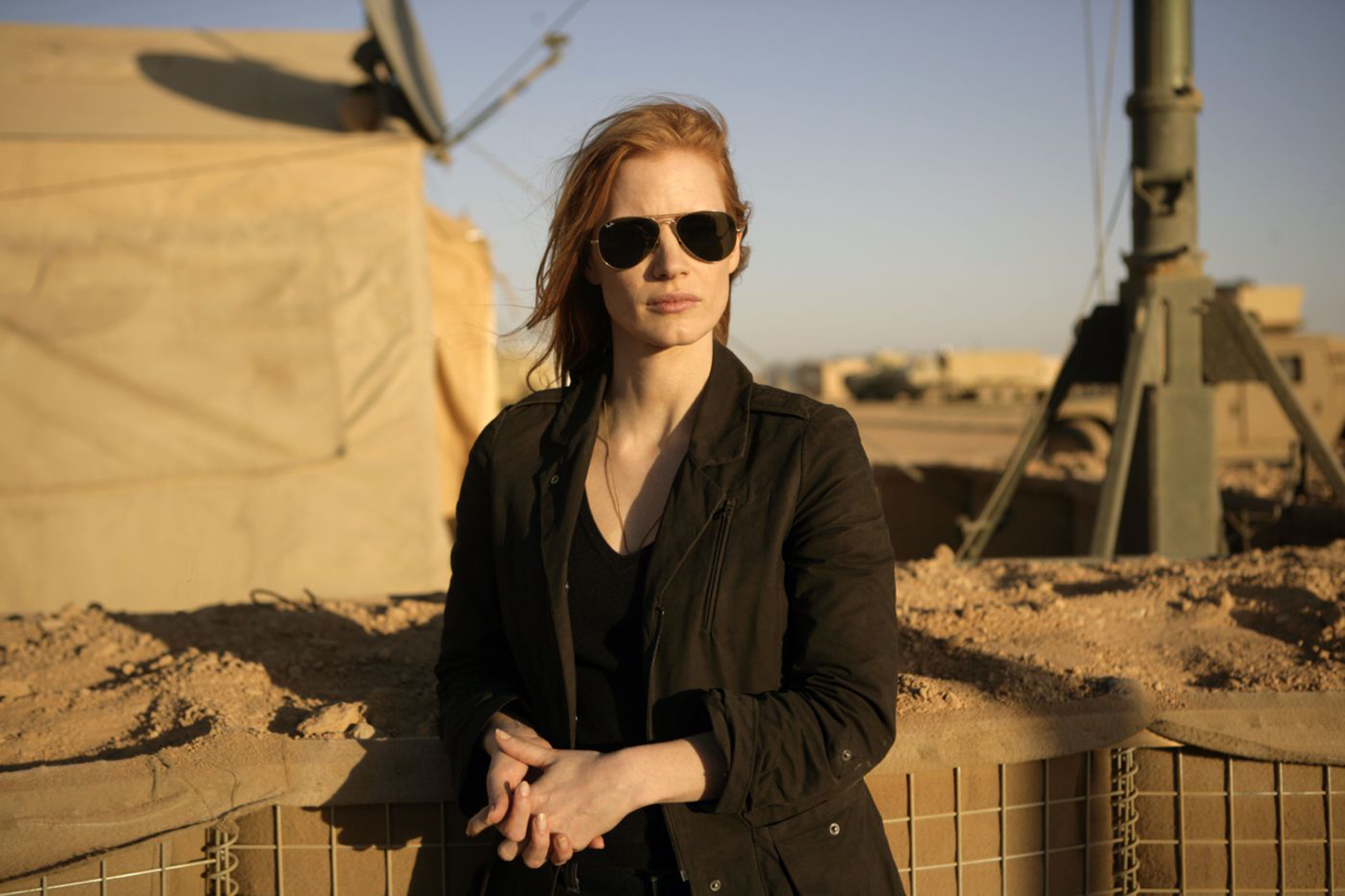
Zero Dark Thirty, which is Kathryn Bigelow's compelling look at CIA analyst Maya as she draws closer to finding Osama Bin Laden, is a masterful work. The movie that won, Argo, is also really great and a historical, political drama.







